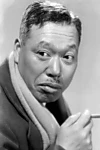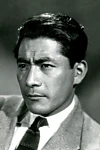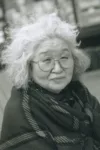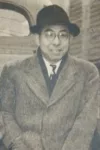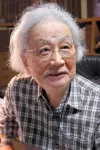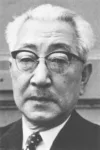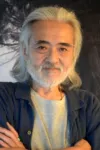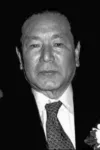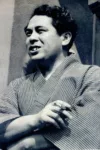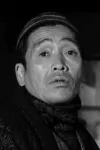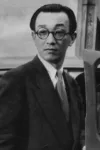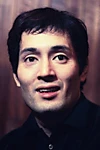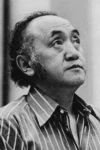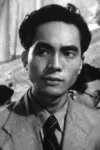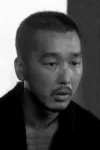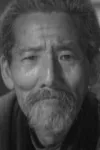Biography
Akira Kurosawa (黒澤 明) was a Japanese filmmaker and painter who directed thirty films in a career spanning over five decades. He is widely regarded as one of the greatest and most influential filmmakers in the history of cinema. He displayed a bold, dynamic style, strongly influenced by Western cinema yet distinct from it; he was involved with all aspects of film production. Kurosawa entered the Japanese film industry in 1936, following a brief stint as a painter. After years of working on numerous films as an assistant director and scriptwriter, he made his debut as a director during World War II with the popular action film Sanshiro Sugata (1943). After the war, the critically acclaimed Drunken Angel (1948), in which Kurosawa cast the then little-known actor Toshiro Mifune in a starring role, cemented the director's reputation as one of the most important young filmmakers in Japan. The two men would go on to collaborate on another fifteen films. Rashomon (1950), which premiered in Tokyo, became the surprise winner of the Golden Lion at the 1951 Venice Film Festival. The commercial and critical success of that film opened up Western film markets for the first time to the products of the Japanese film industry, which in turn led to international recognition for other Japanese filmmakers. Kurosawa directed approximately one film per year throughout the 1950s and early 1960s, including a number of highly regarded (and often adapted) films, such as Ikiru (1952), Seven Samurai (1954), Throne of Blood (1957), Yojimbo (1961) and High and Low (1963). After the 1960s he became much less prolific; even so, his later work—including two of his final films, Kagemusha (1980) and Ran (1985)—continued to receive great acclaim. In 1990, he accepted the Academy Award for Lifetime Achievement. Posthumously, he was named Asian of the Century in the Arts, Literature, and Culture category by AsianWeek magazine and CNN, cited there as being among the five people who most prominently contributed to the improvement of Asia in the 20th century. His career has been honored by many retrospectives, critical studies and biographies in both print and video, and by releases in many consumer media.
Filmography
all 144
Movies 142
Director 47
self 32
Writer 20
Screenplay 18
Producer 11
TV Shows 2
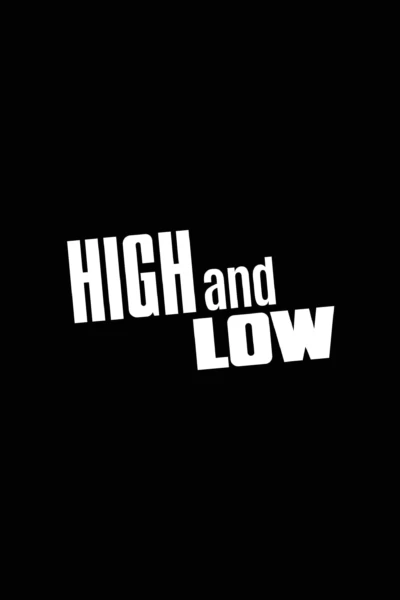
Highest 2 Lowest (2025)
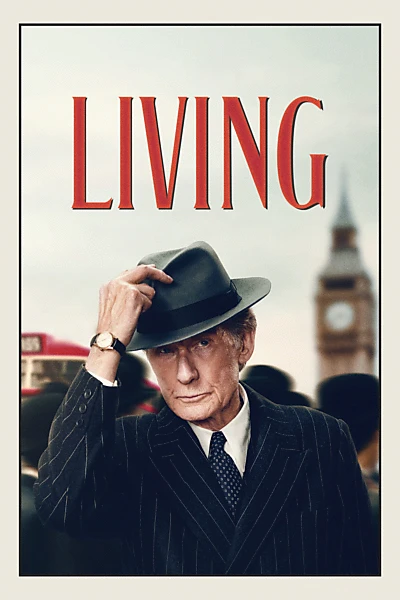
Living (2022)
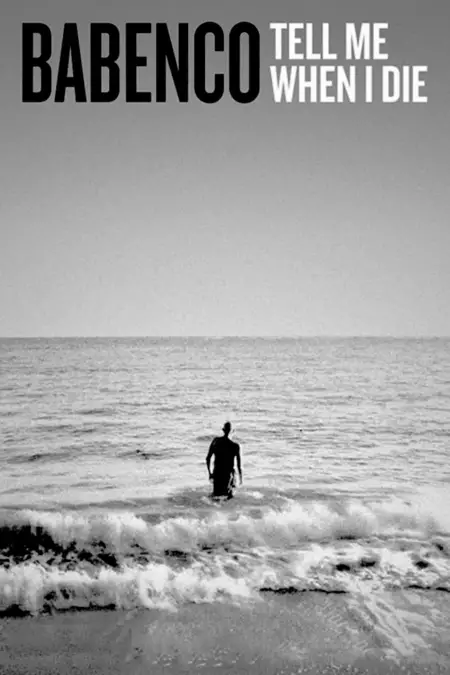
Babenco: Tell Me When I Die (2020)
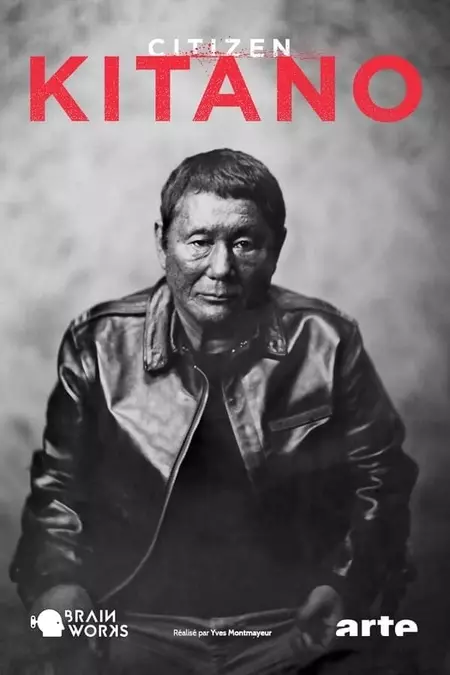
Citizen Kitano (2020)
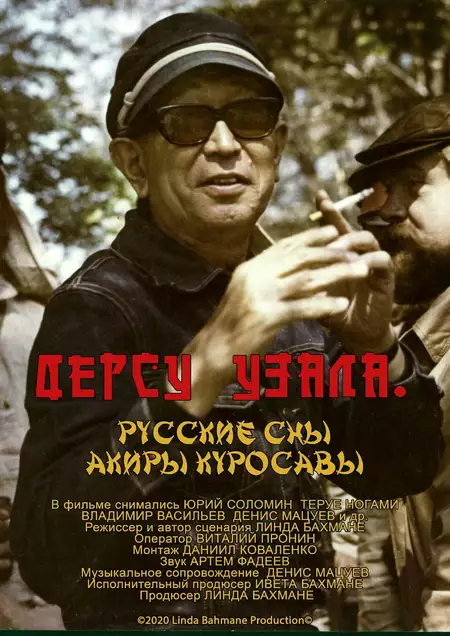
Dersu Uzala. Russian Dreams of Kurosawa (2020)
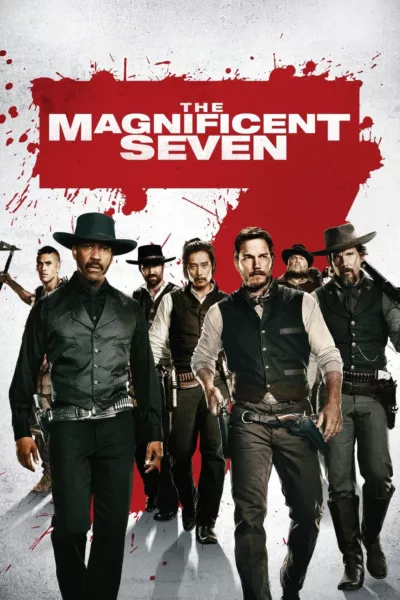
The Magnificent Seven (2016)
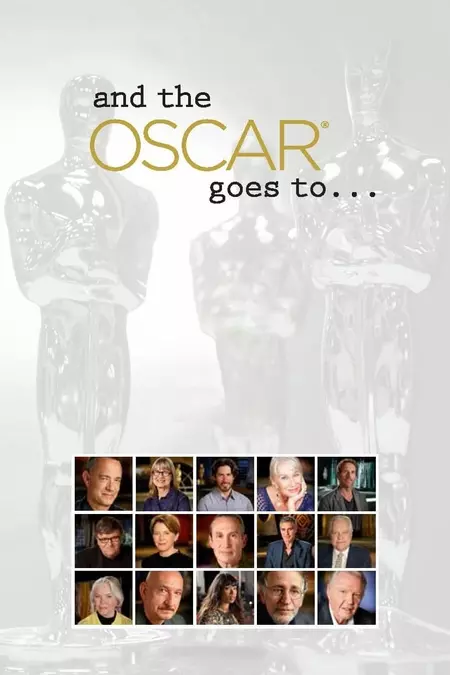
And the Oscar Goes To... (2014)
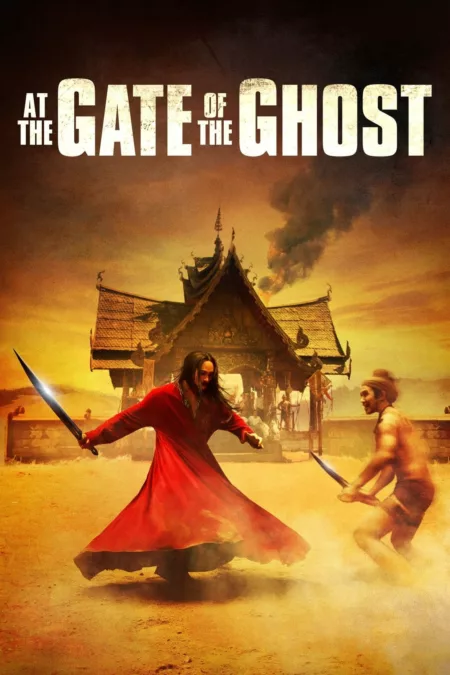
At the Gate of the Ghost (2011)
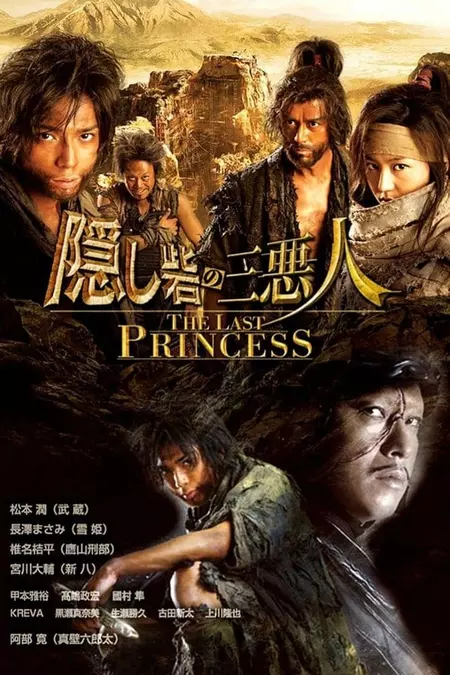
The Last Princess (2008)
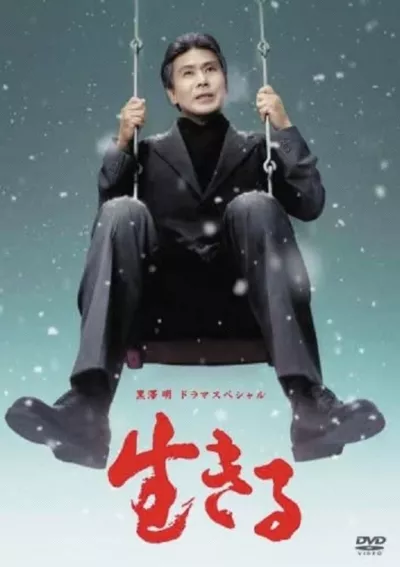
Ikiru (2007)
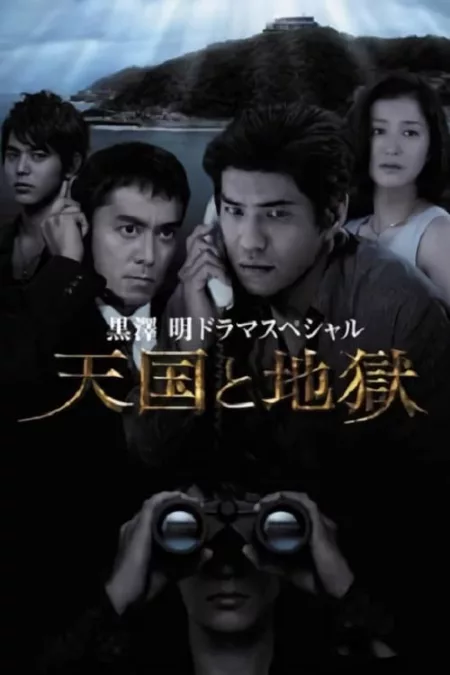
High and Low (2007)

Image: Kurosawa's Continuity (2005)
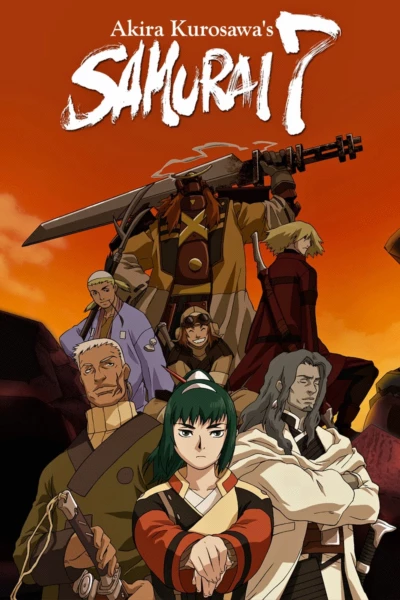
Samurai 7 (2004)
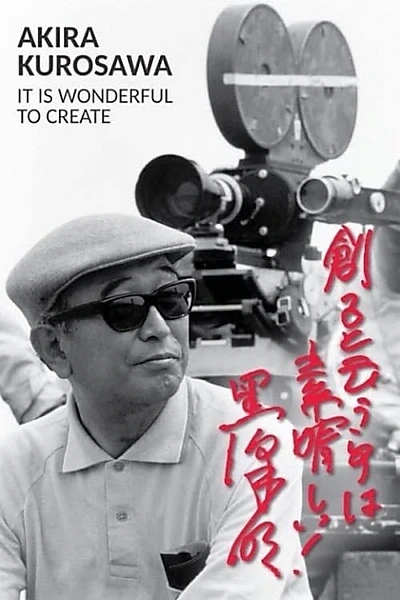
Akira Kurosawa: It Is Wonderful to Create (2002)
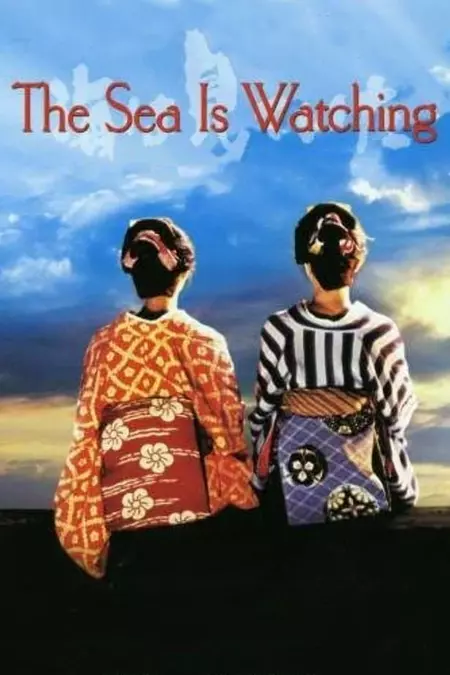
The Sea Is Watching (2002)

Chris on Chris (2002)
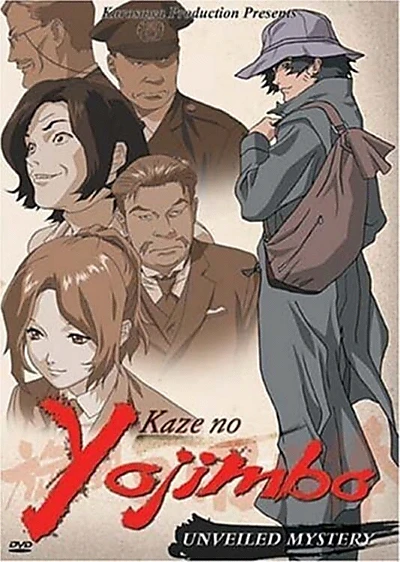
Kaze no Yojimbo (2001)
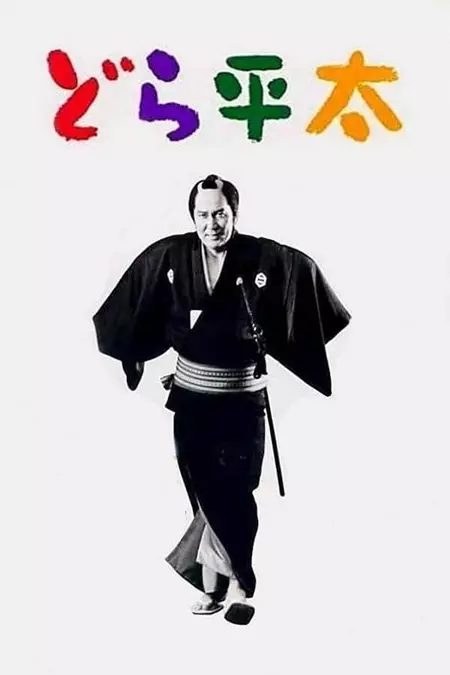
Dora-heita (2000)
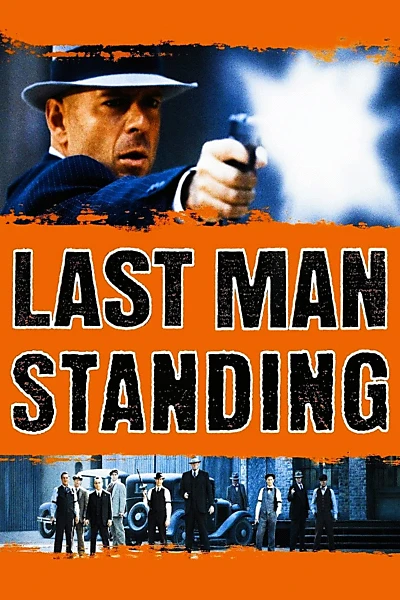
Last Man Standing (1996)
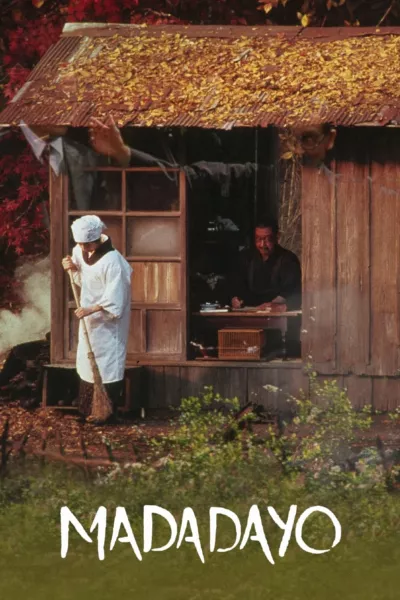
Madadayo (1993)
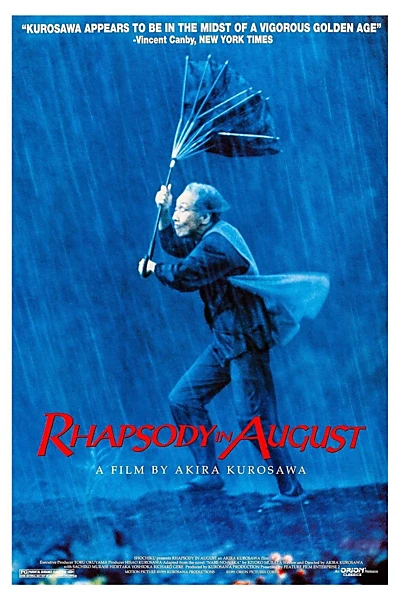
Rhapsody in August (1991)
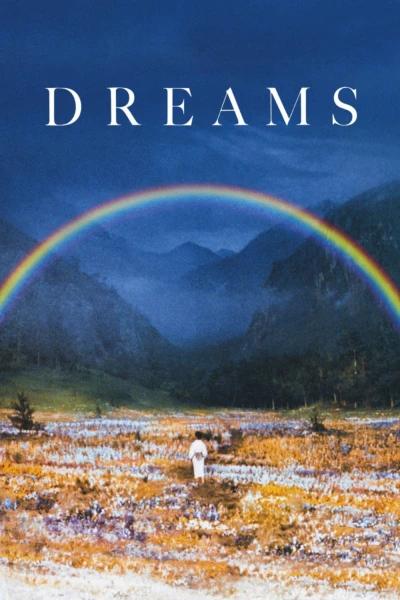
Dreams (1990)
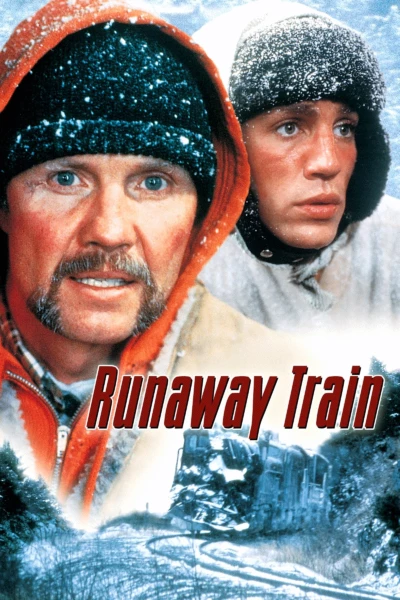
Runaway Train (1985)
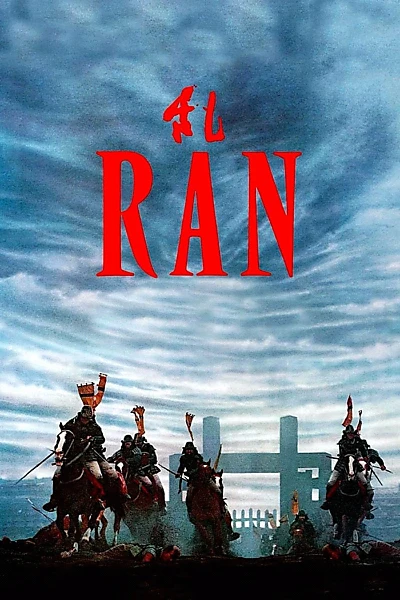
Ran (1985)
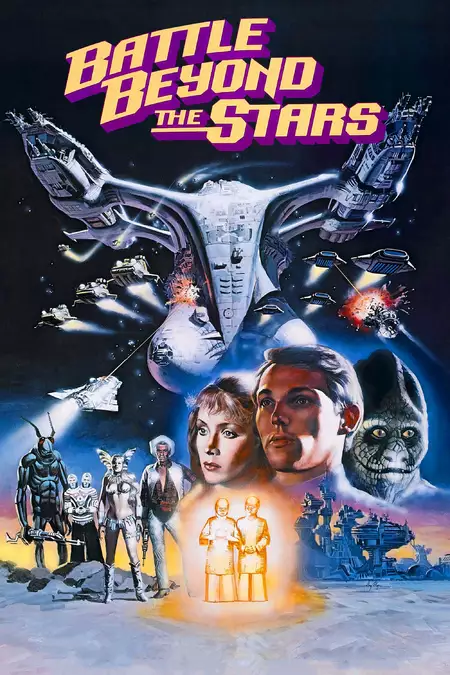
Battle Beyond the Stars (1980)
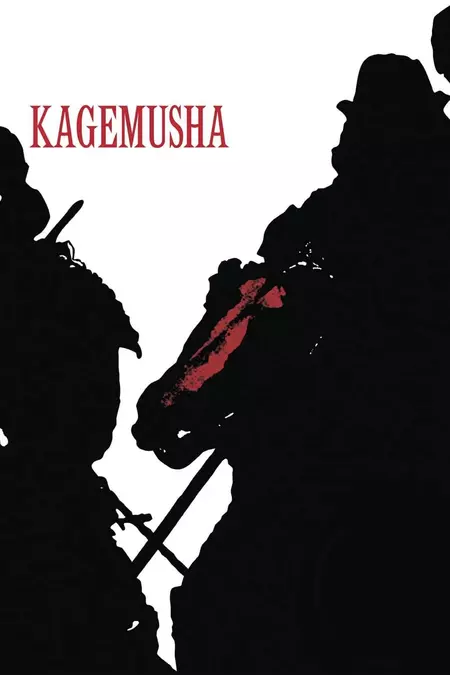
Kagemusha (1980)
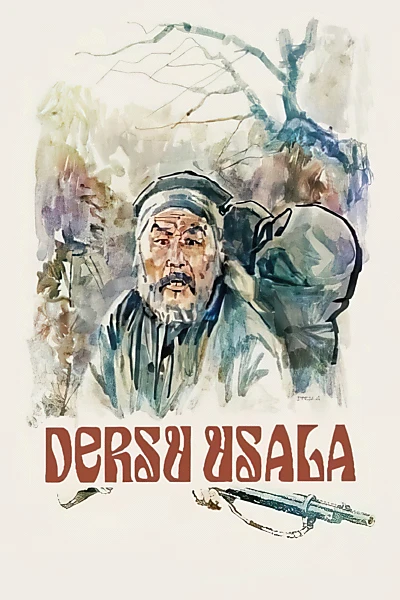
Dersu Uzala (1975)
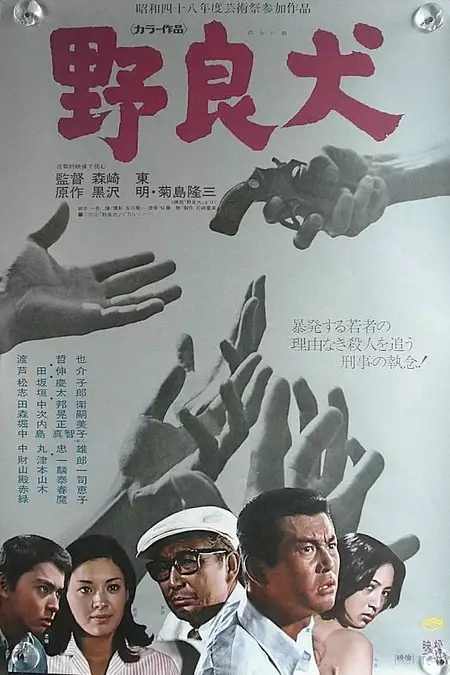
Stray Dog (1973)
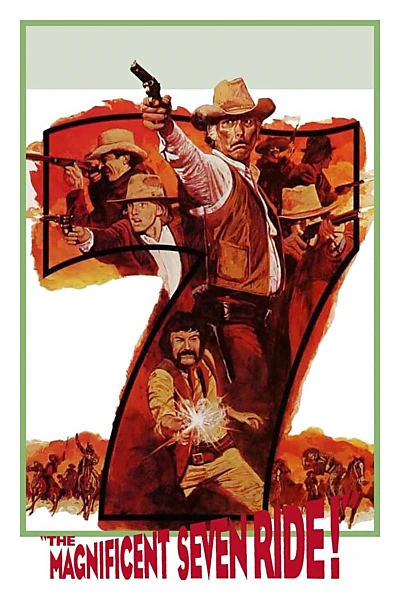
The Magnificent Seven Ride! (1972)
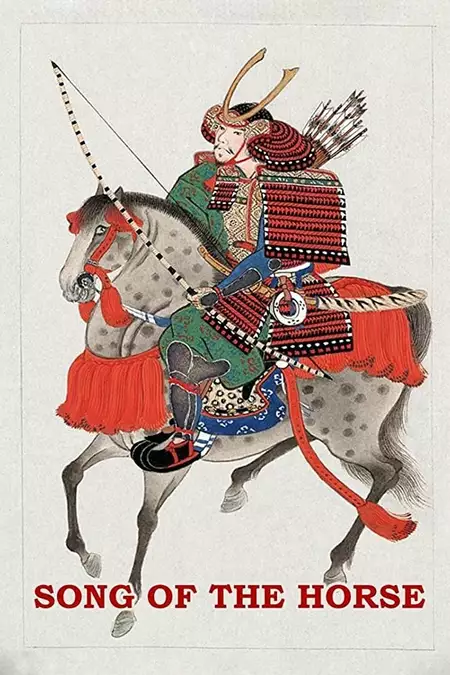
Song of the Horse (1971)
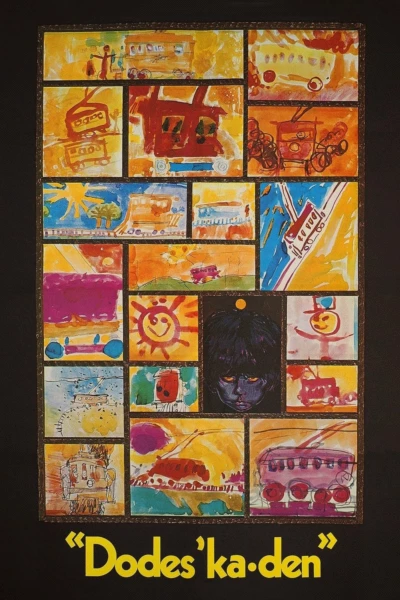
Dodes'ka-den (1970)
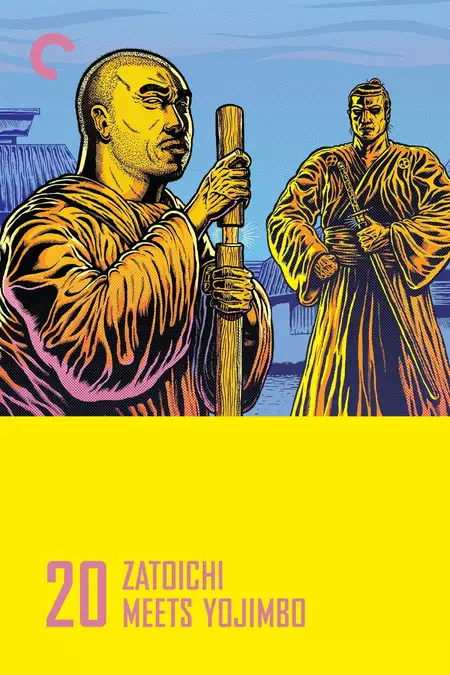
Zatoichi Meets Yojimbo (1970)
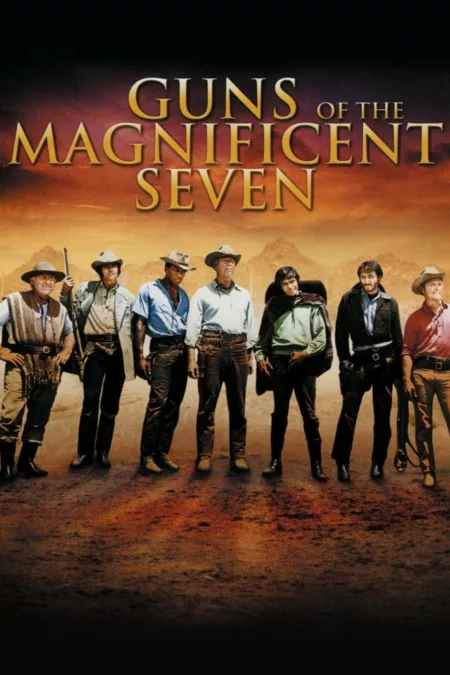
Guns of the Magnificent Seven (1969)
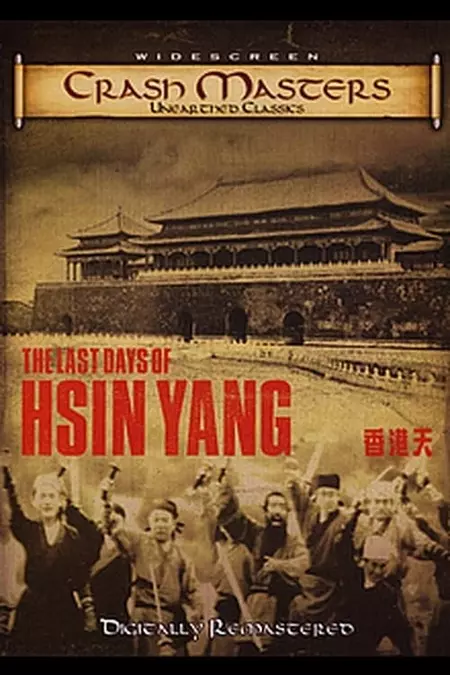
The Last Day of Hsianyang (1968)
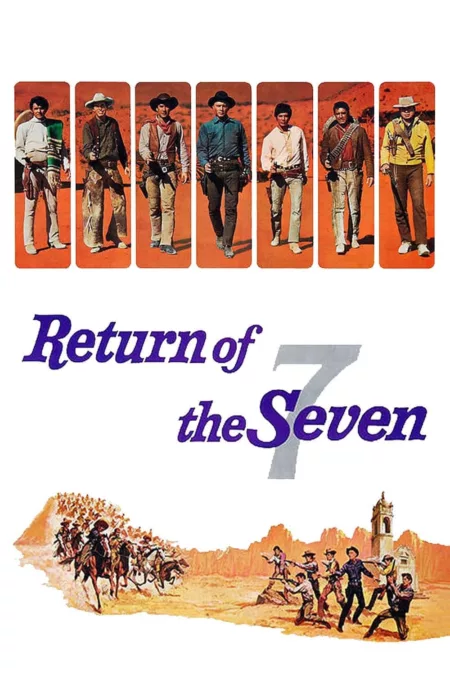
Return of the Seven (1966)
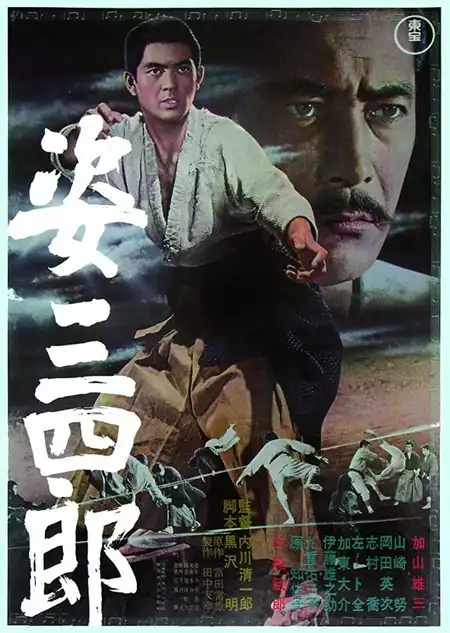
Sanshiro Sugata (1965)
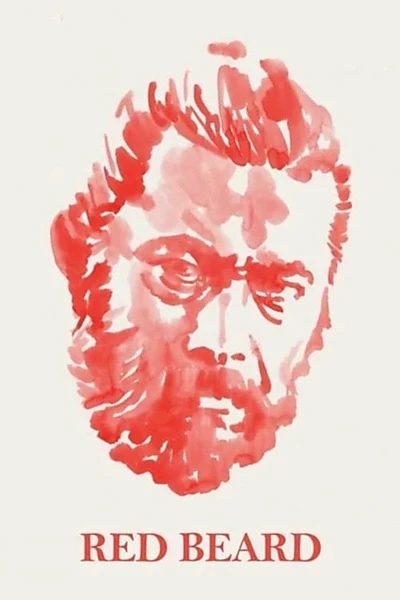
Red Beard (1965)
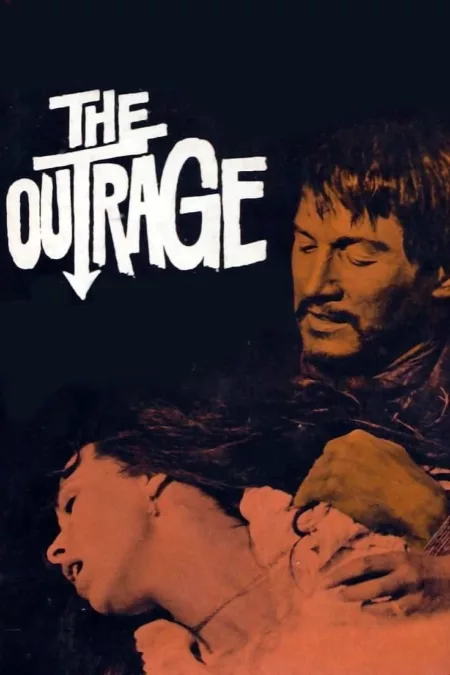
The Outrage (1964)
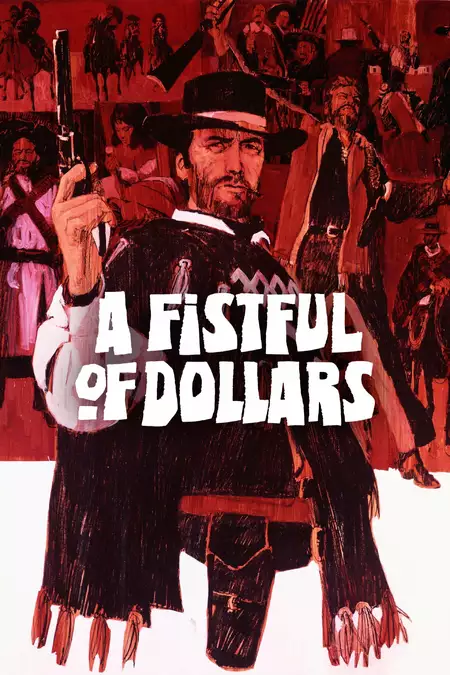
A Fistful of Dollars (1964)
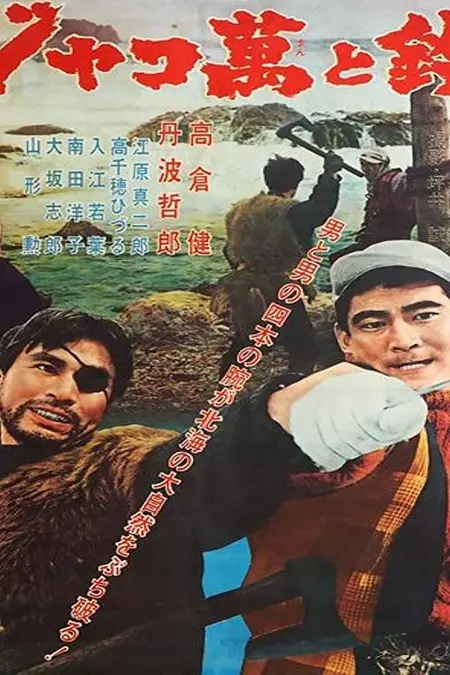
Jakoman and Tetsu (1964)
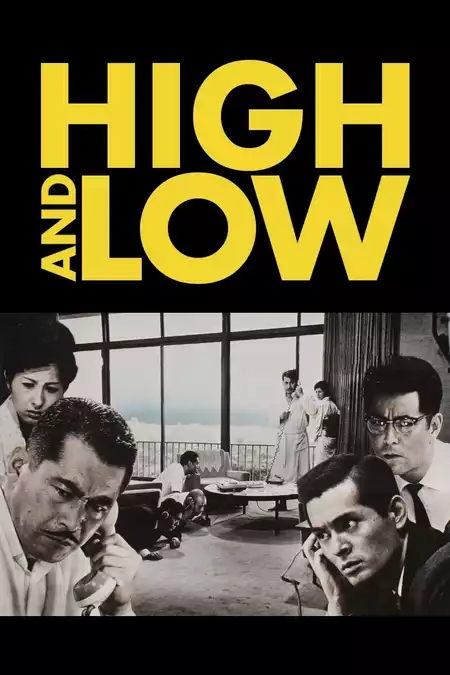
High and Low (1963)
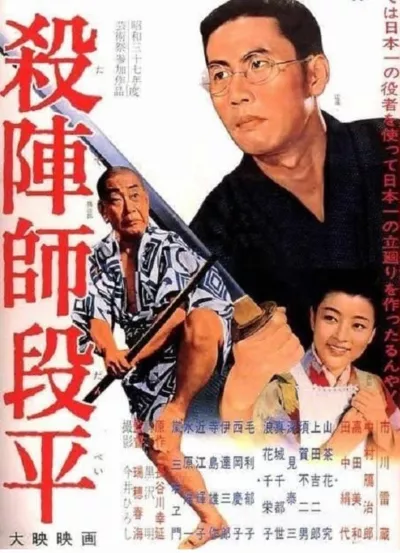
The Fencing Master (1962)
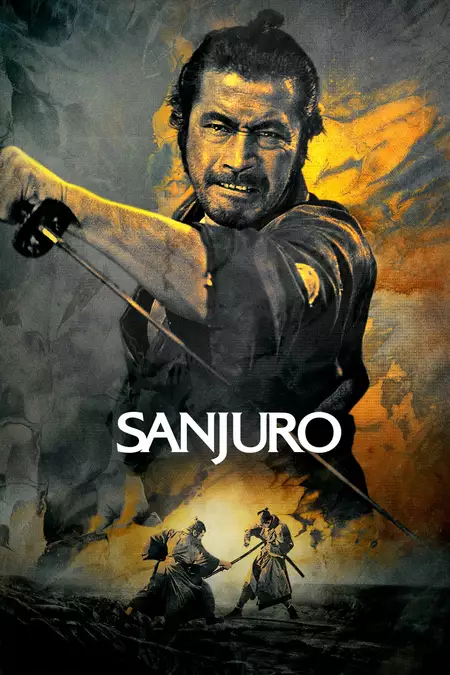
Sanjuro (1962)
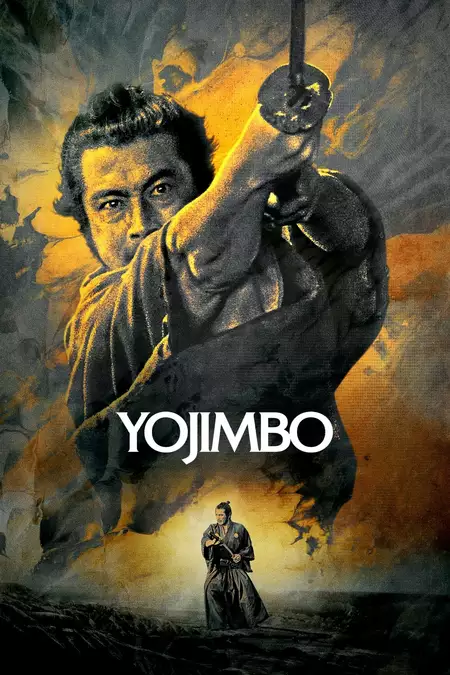
Yojimbo (1961)
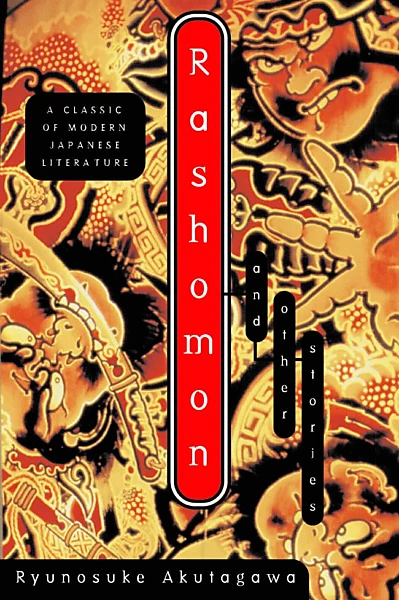
Play of the Week: Rashomon (1960)
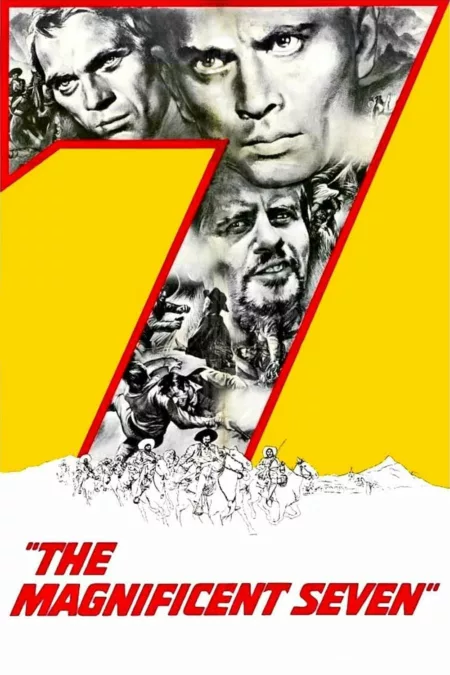
The Magnificent Seven (1960)
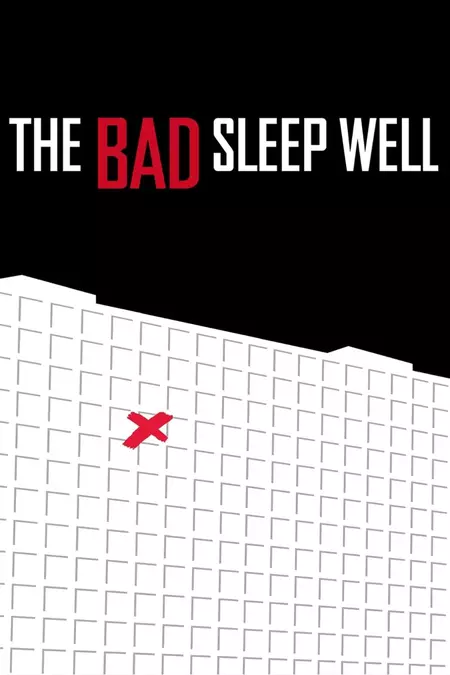
The Bad Sleep Well (1960)
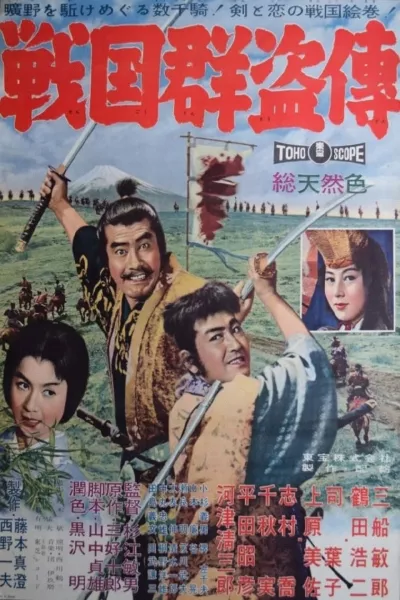
Saga of the Vagabonds (1959)
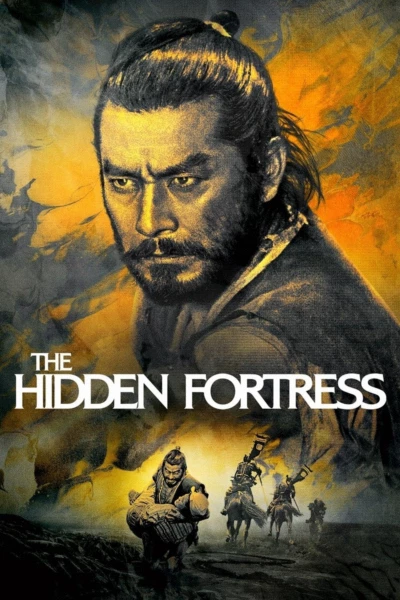
The Hidden Fortress (1958)
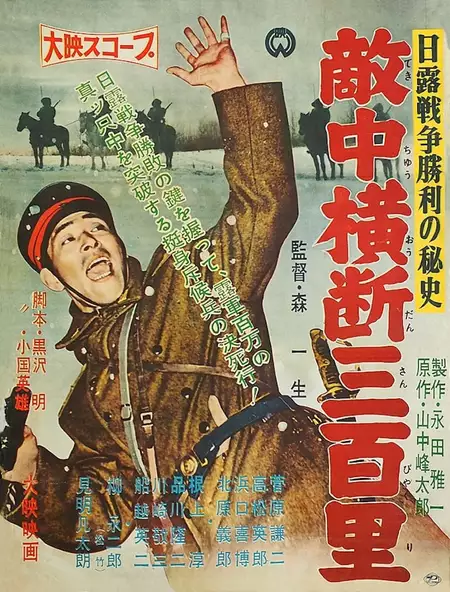
Advance Patrol (1957)
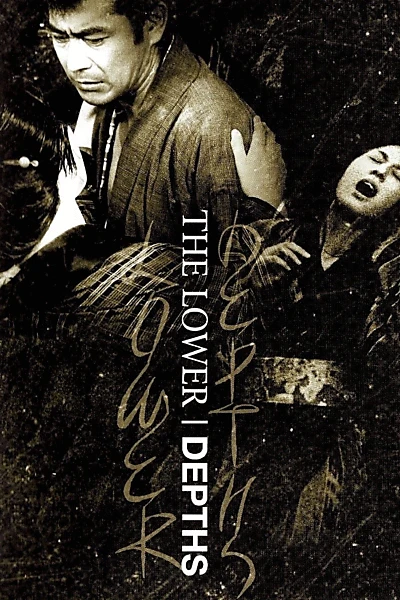
The Lower Depths (1957)
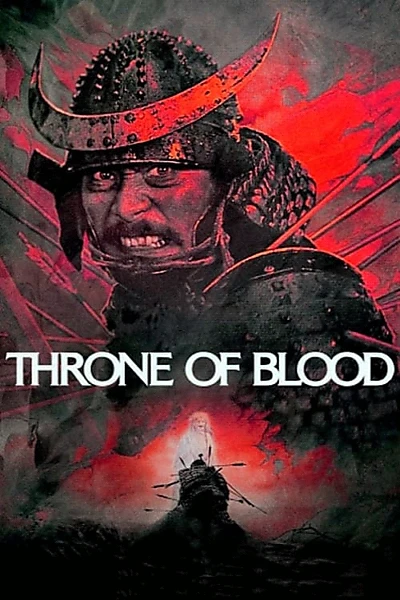
Throne of Blood (1957)
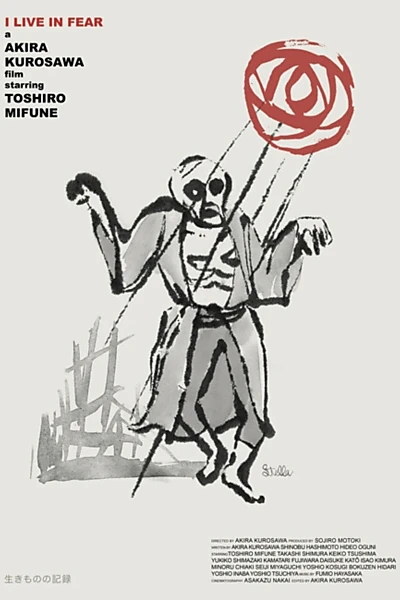
I Live in Fear (1955)
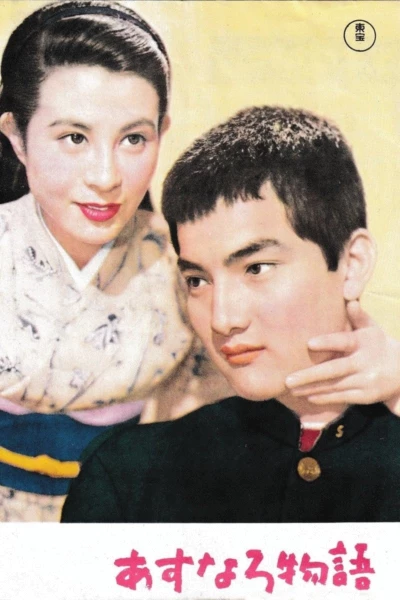
Tomorrow I'll Be a Fire-Tree (1955)
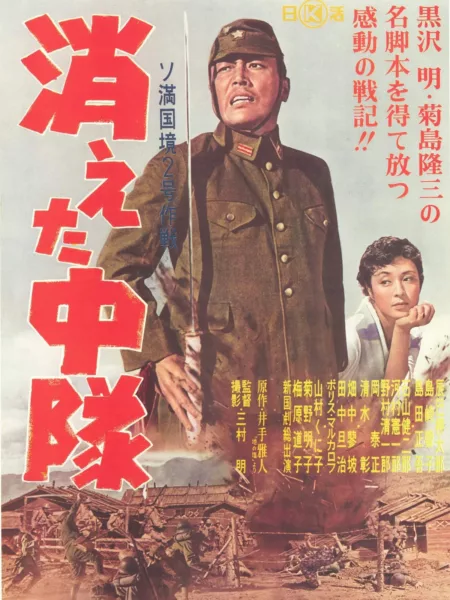
Vanished Enlisted Man (1955)
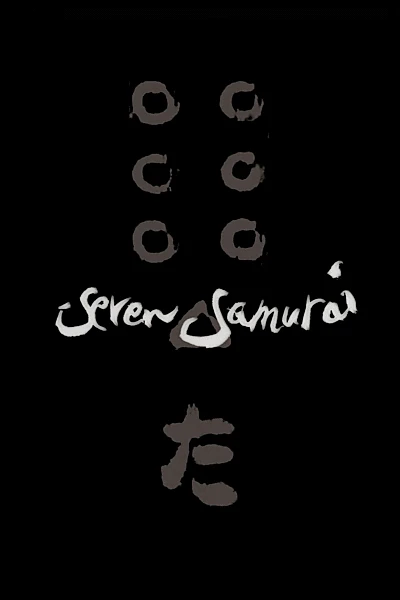
Seven Samurai (1954)
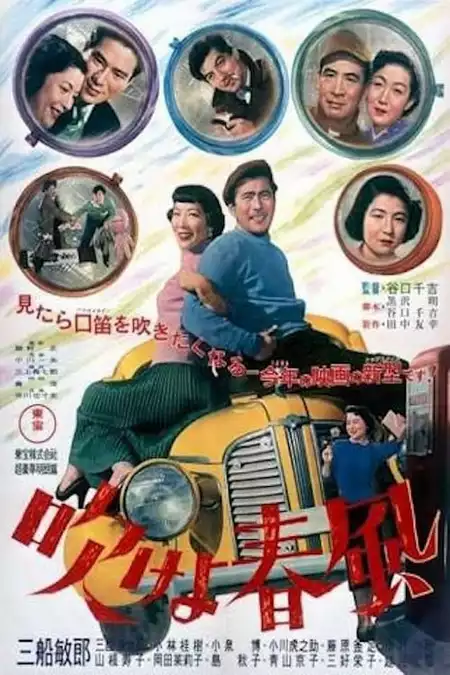
My Wonderful Yellow Car (1953)
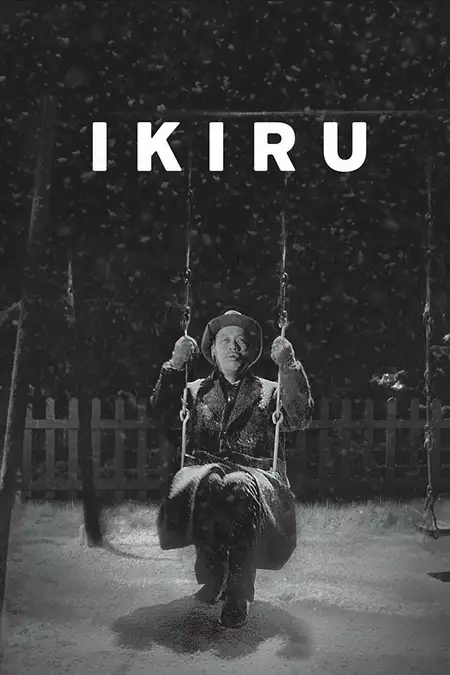
Ikiru (1952)
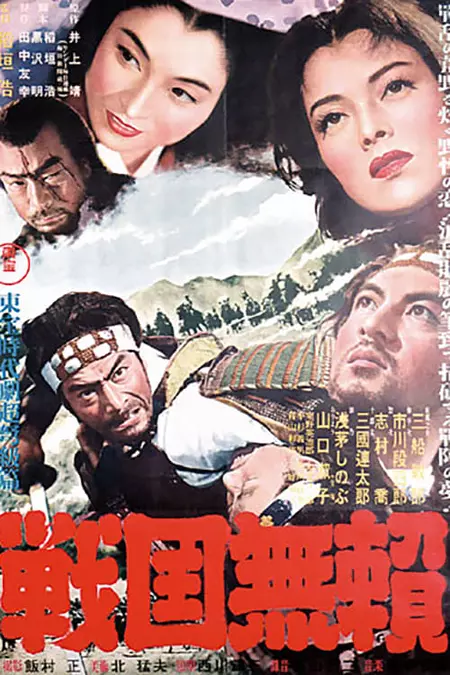
Sword for Hire (1952)
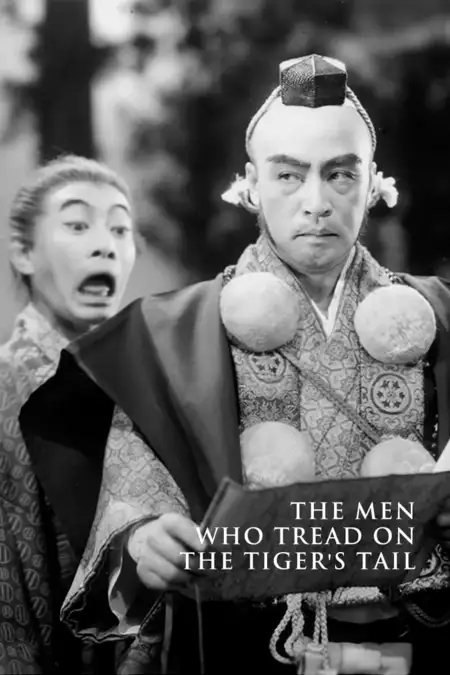
The Men Who Tread on the Tiger's Tail (1952)
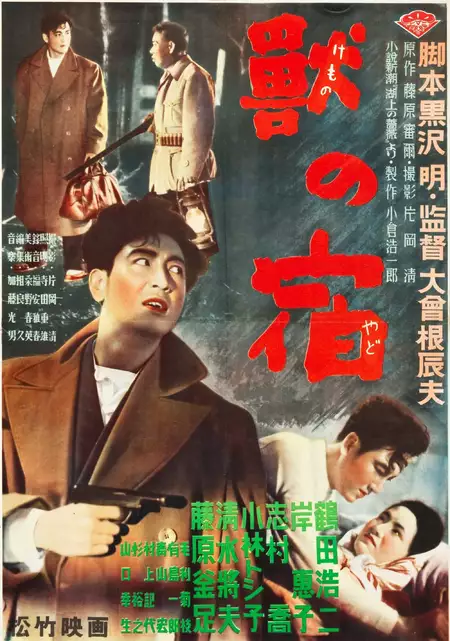
The Den of Beasts (1951)
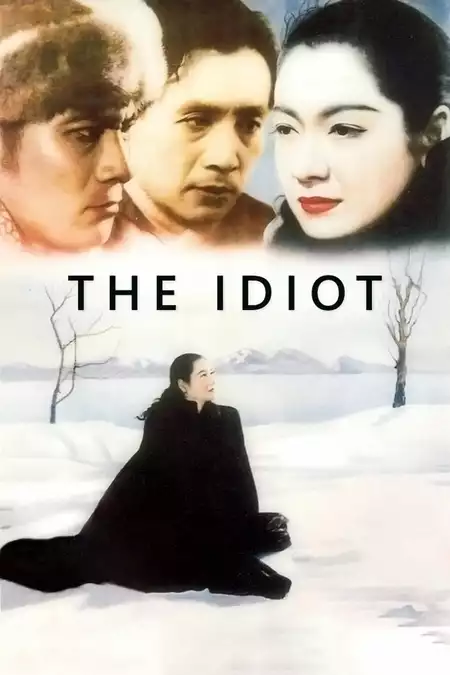
The Idiot (1951)
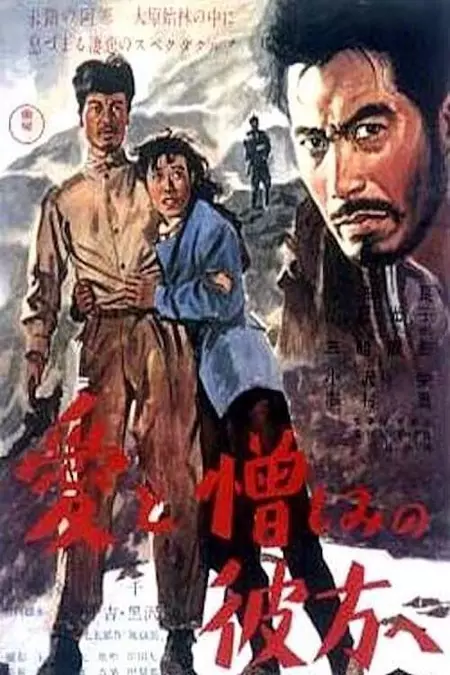
Beyond Love and Hate (1951)
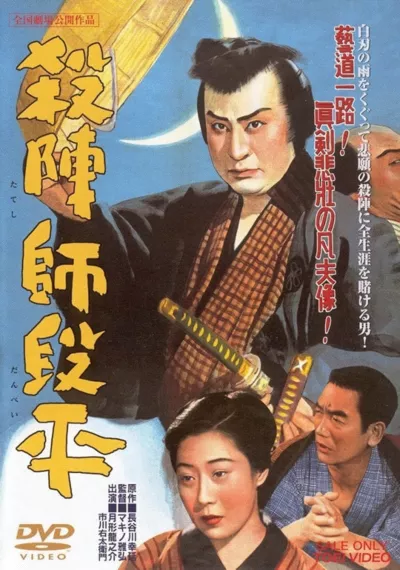
Fencing Master (1950)
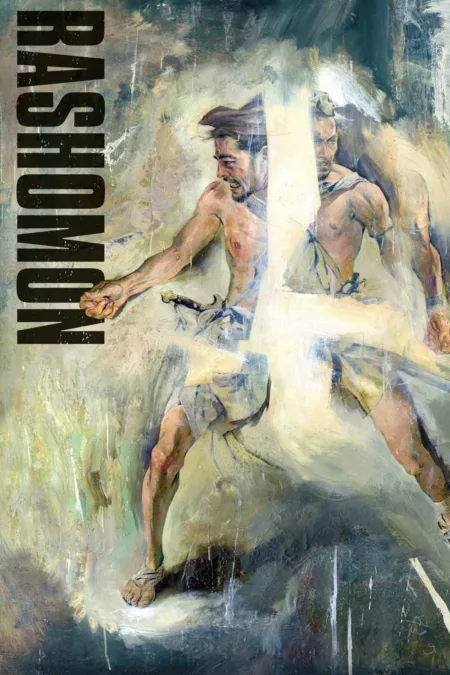
Rashomon (1950)
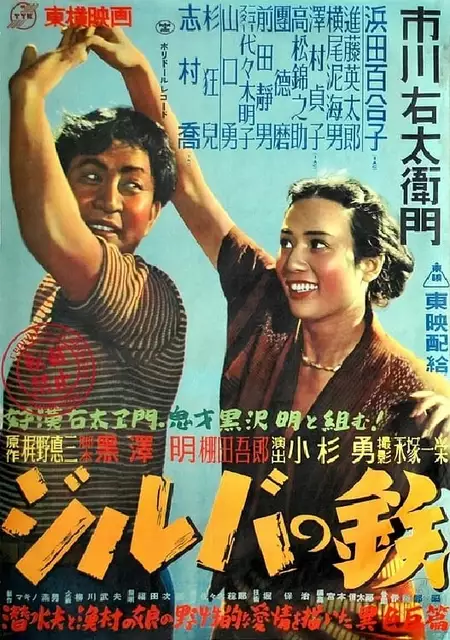
Jiruba no Tetsu (1950)
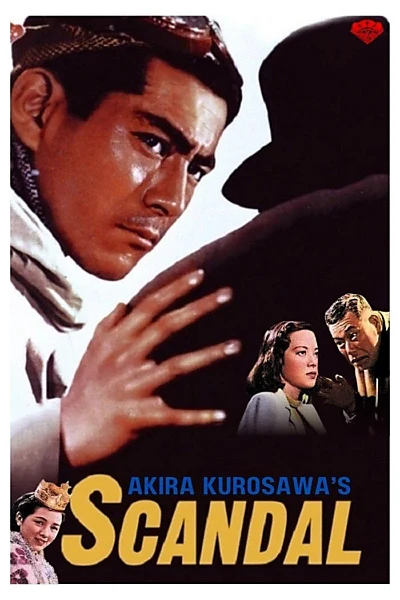
Scandal (1950)
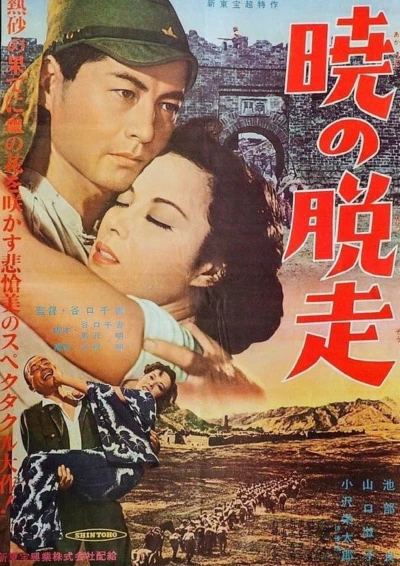
Escape at Dawn (1950)
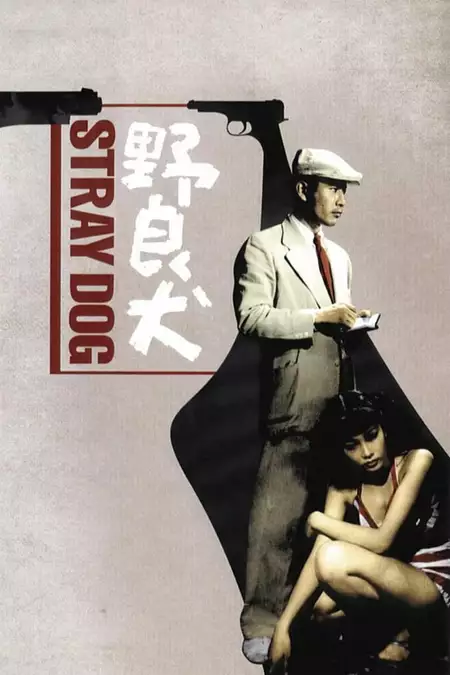
Stray Dog (1949)
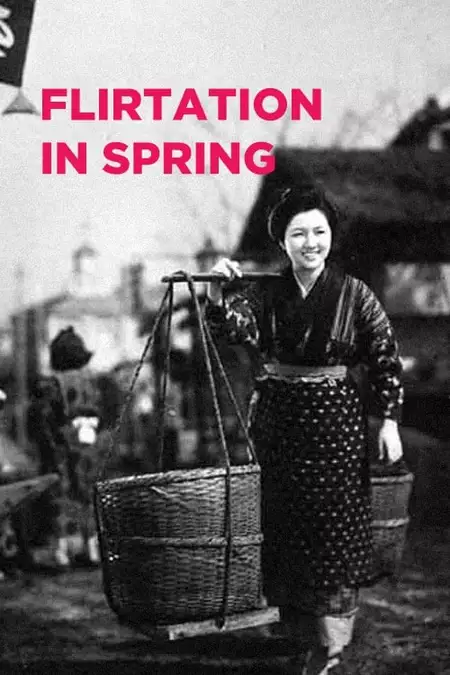
Flirtation in Spring (1949)
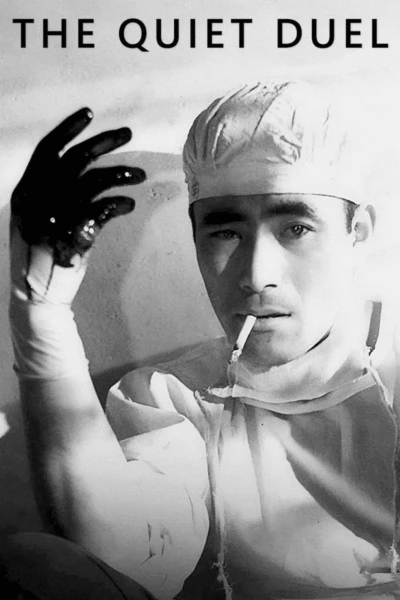
The Quiet Duel (1949)
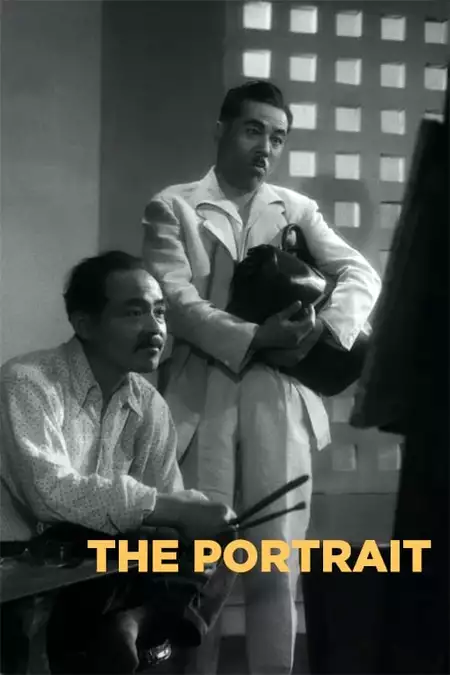
The Portrait (1948)
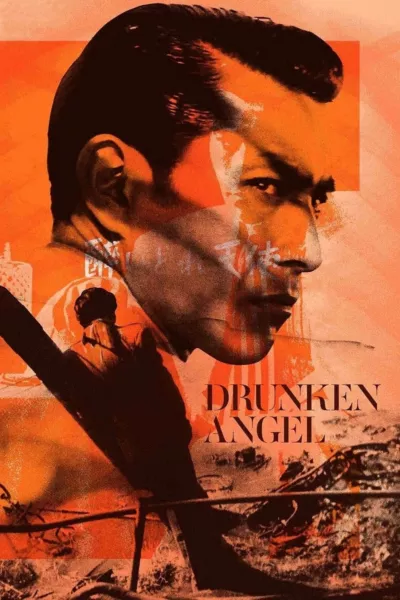
Drunken Angel (1948)
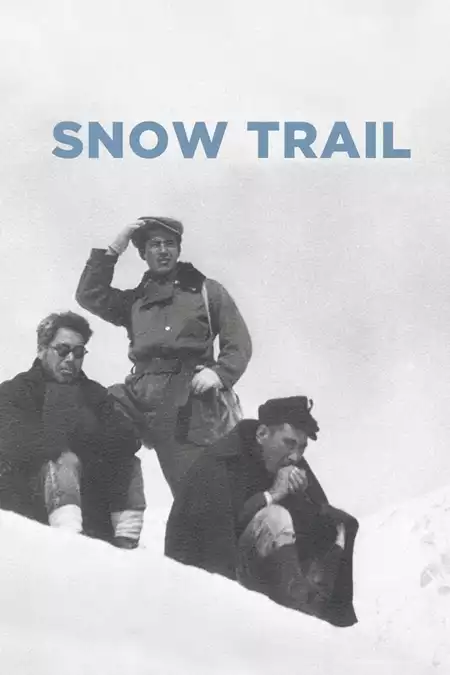
Snow Trail (1947)
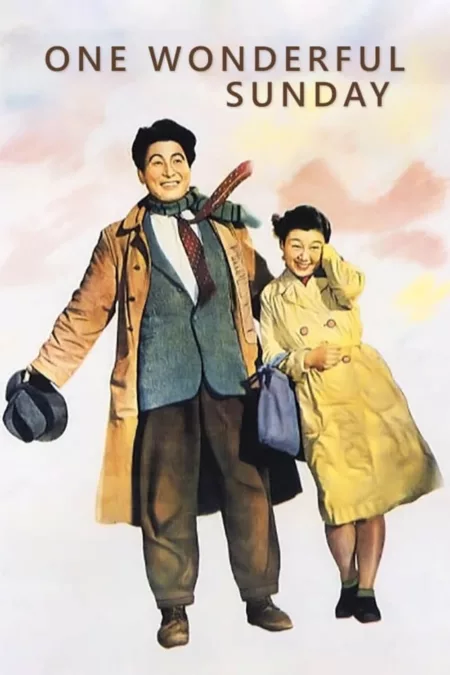
One Wonderful Sunday (1947)
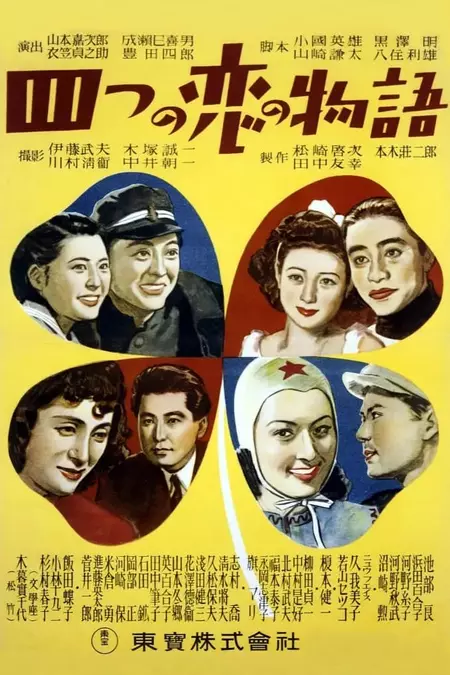
Four Love Stories (1947)
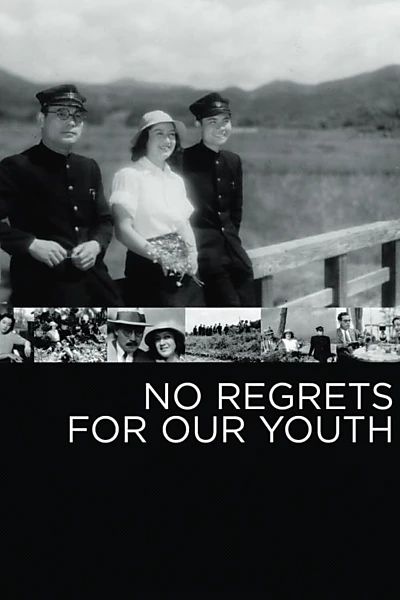
No Regrets for Our Youth (1946)
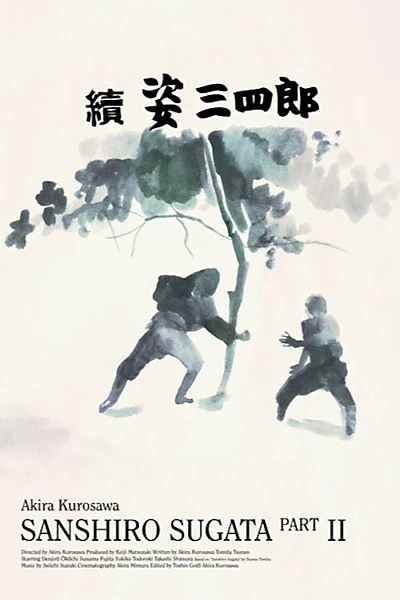
Sanshiro Sugata Part Two (1945)
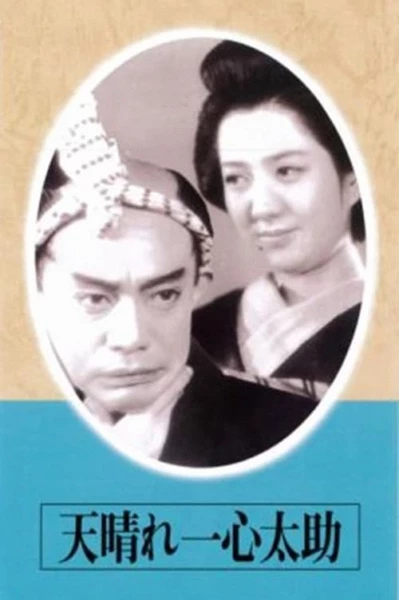
Bravo! Tebare Ishin (1945)
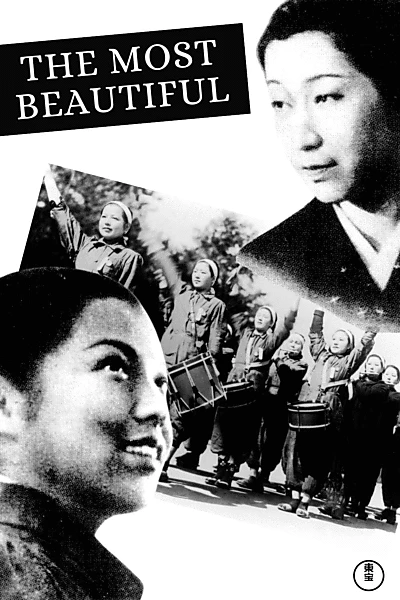
The Most Beautiful (1944)
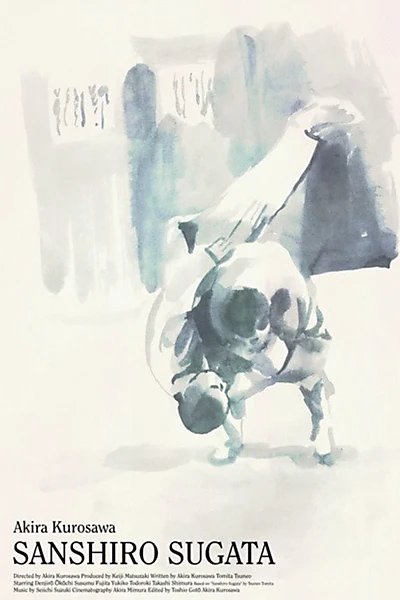
Sanshiro Sugata (1943)
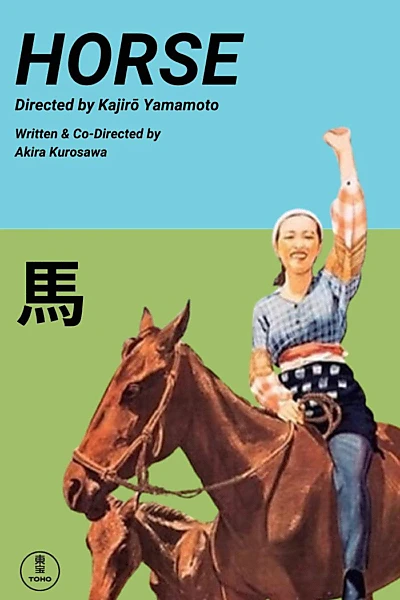
Horse (1941)
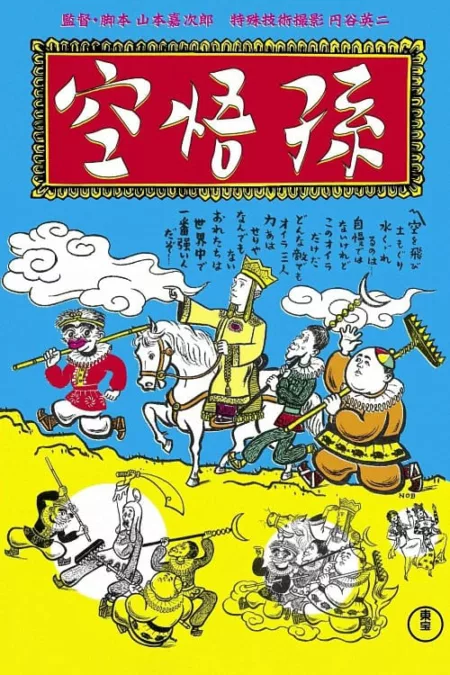
The Monkey King (1940)

Enoken's Cropped Hair (1940)
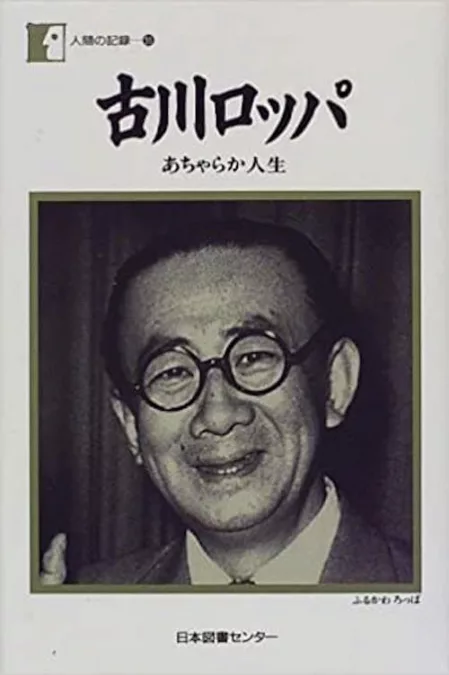
Roppa's Honeymoon (1940)
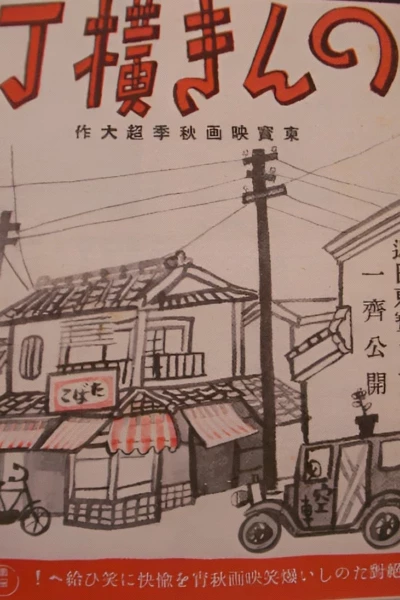
Easy Alley (1939)
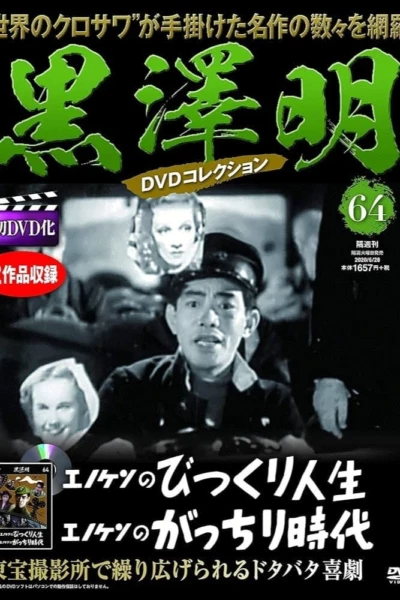
Enoken’s Shrewd Period (1939)
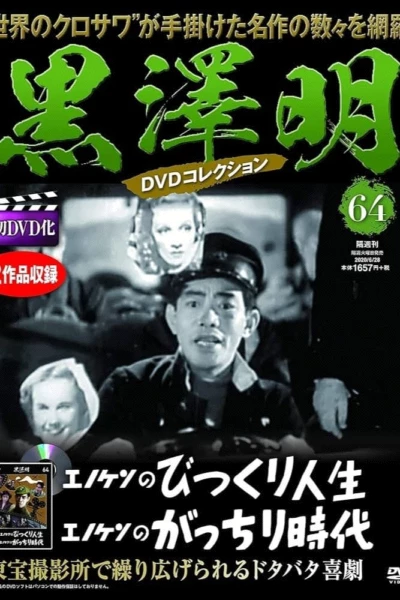
Enoken's Surprising Life (1938)
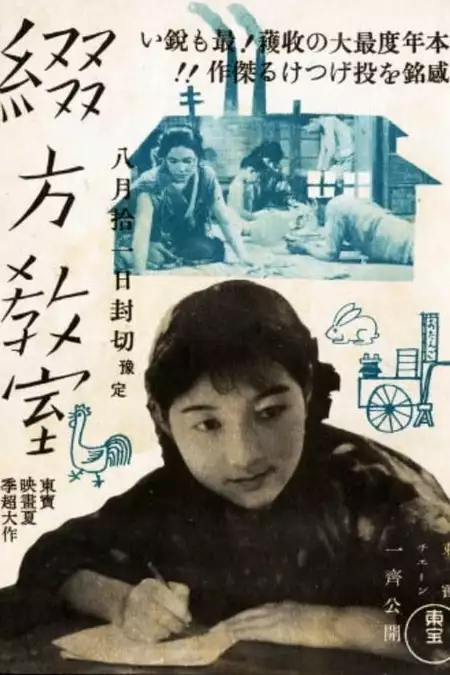
Composition Class (1938)
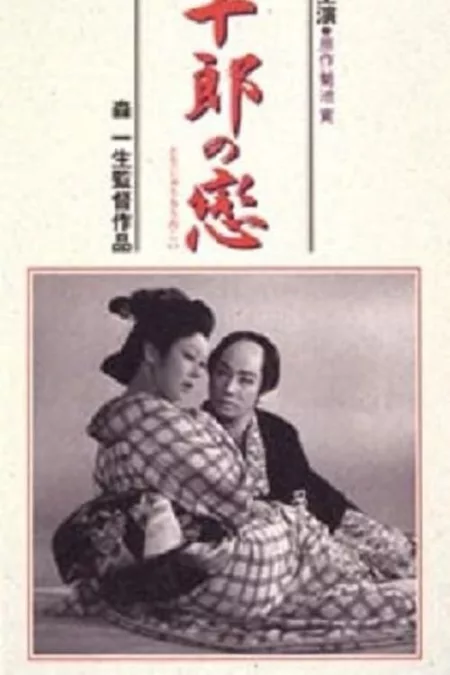
Tojuro's Love (1938)
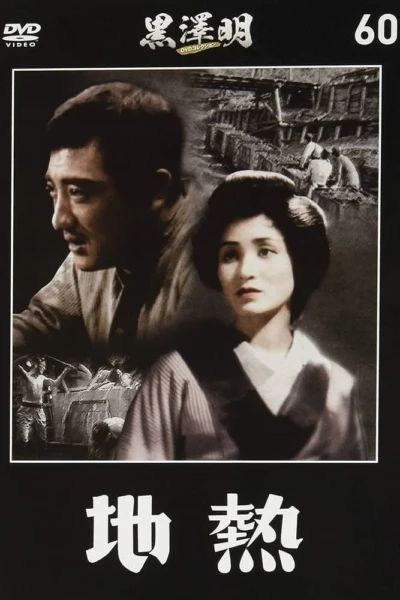
Subterranean Heat (1938)
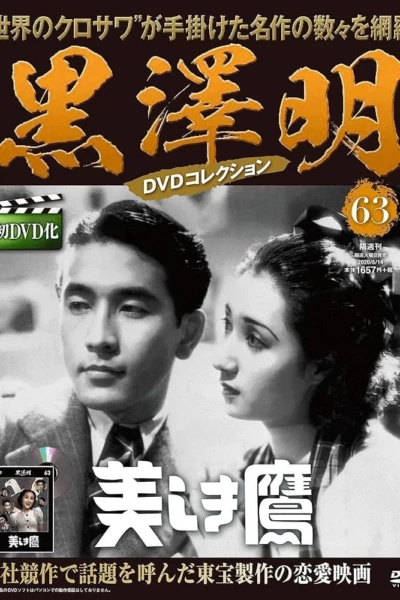
The Beautiful Hawk (1937)
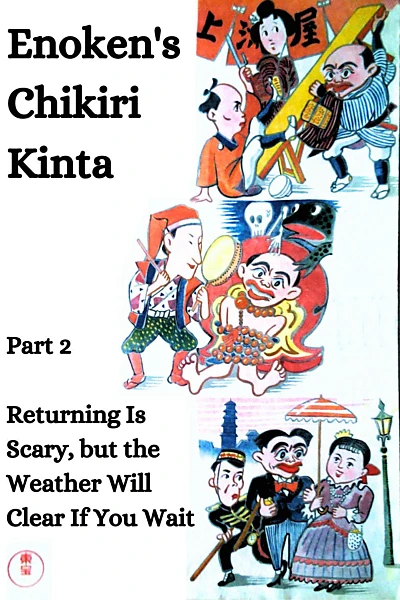
Enoken's Chikiri Kinta Part 2 – Returning Is Scary, but the Weather Will Clear If You Wait (1937)
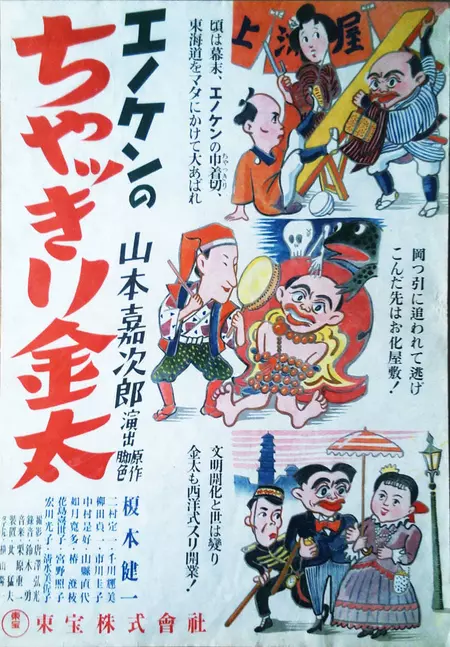
Enoken's Chikiri Kinta Part 1 – Momma, the Hat: The Nice Way (1937)
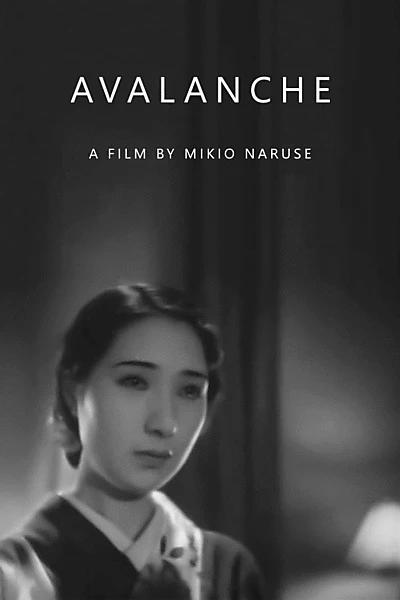
Avalanche (1937)
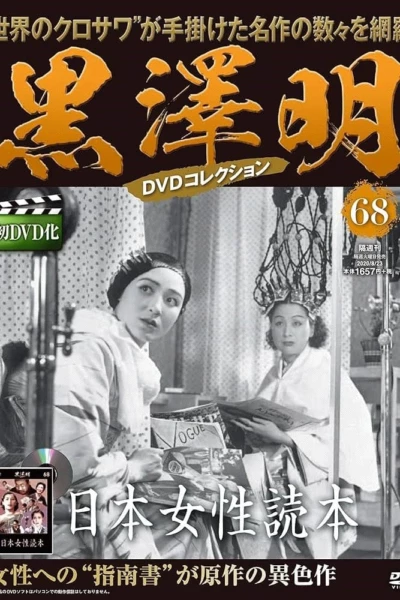
Japanese Women's Textbook (1937)
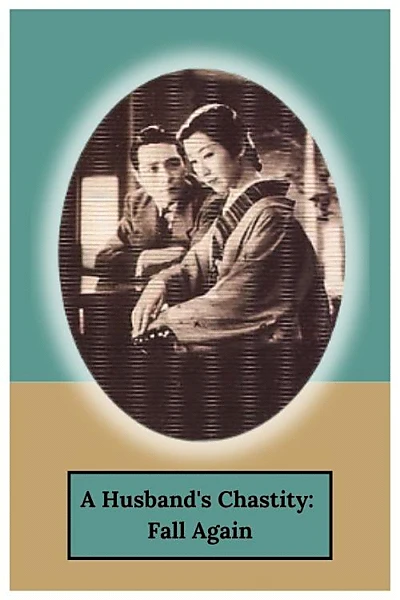
A Husband's Chastity: Fall Again (1937)
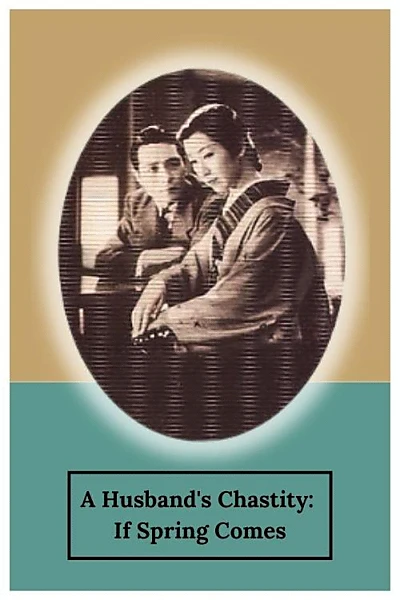
A Husband's Chastity: If Spring Comes (1937)
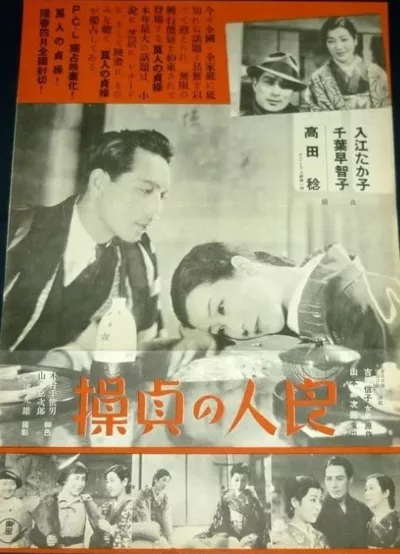
A Husband's Chastity: If Spring Comes & Fall Once Again (1937)
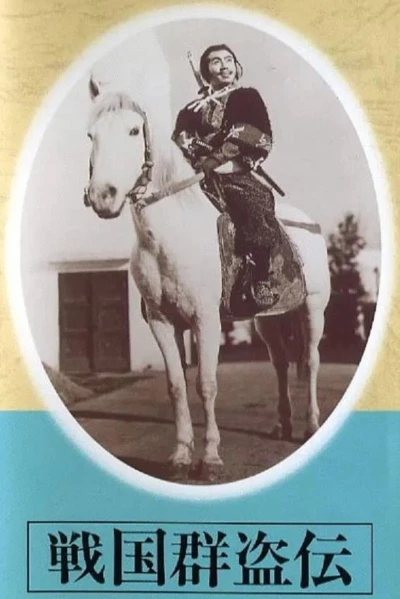
Saga of the Vagabonds, Part Two: Forward at Dawn (1937)
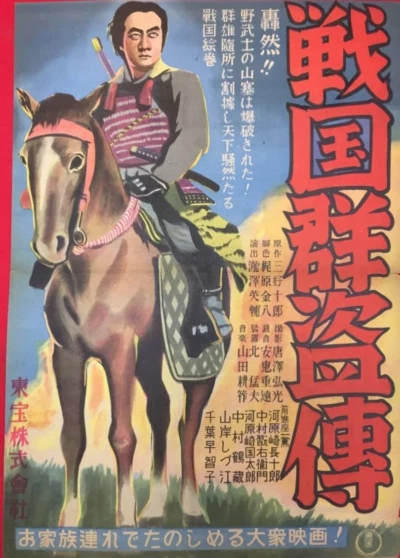
Saga of the Vagabonds, Part One: Tiger and Wolf (1937)

Tokyo Rhapsody (1936)
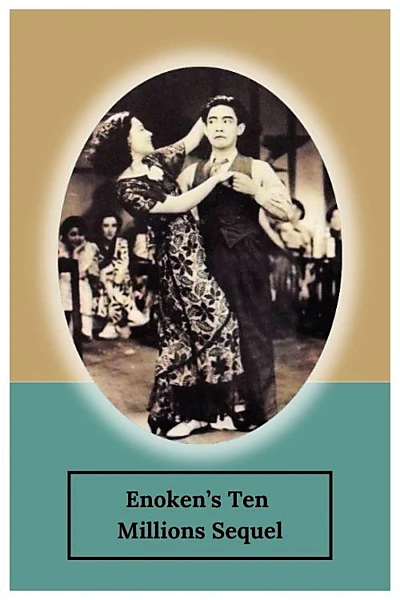
Enoken’s Ten Millions Sequel (1936)
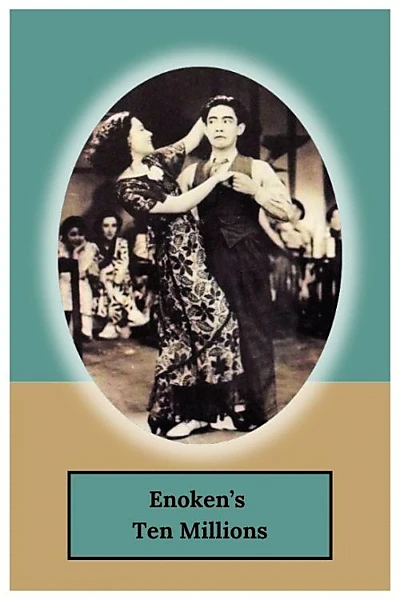
Enoken’s Ten Millions (1936)
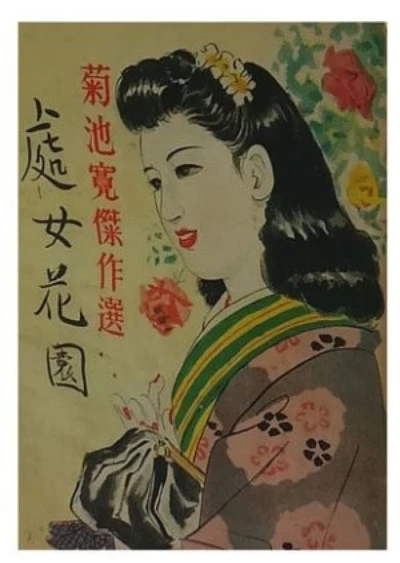
Paradise of the Virgin Flowers (1936)

A Fistful of Dollars Remake
Gallery
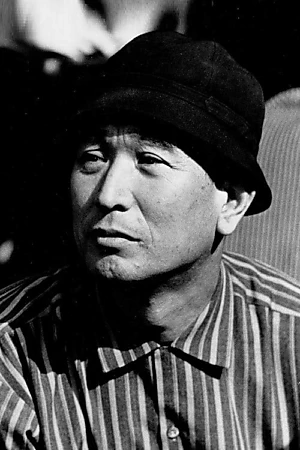







Information
Known ForDirecting
GenderMale
Birthday1910-03-23
Deathday1998-09-06 (88 years old)
Birth PlaceŌi, Japan
Height182-centimeter
RelationshipsYōko Yaguchi (1945 - 1985)
ChildrenKazuko Kurosawa, Hisao Kurosawa
CitizenshipsJapan, Empire of Japan
ResidencesJapan, Japan
Also Known Asأكيرا كوروساوا, อะกิระ คุโระซะวะ, 黑澤明, Kurosawa Akira, 아키라 구로사와, 쿠로사와 아키라, 아키라 쿠로사와, آکیرا کوروساوا
AwardsPraemium Imperiale, Golden Lion, Palme d'Or, César Award, Academy Awards, BAFTA Award for Best Direction, César Award for Best Foreign Film, Academy Honorary Award, Ramon Magsaysay Award, Order of Culture, Order of Friendship of Peoples, People's Honour Award, Fukuoka Asian Culture Prize, Silver Lion, Silver Bear for Best Director, Silver Bear, Nastro d'argento for best non-Italian film, Prize of the French Critics' Union/Best Australian Film, Person of Cultural Merit, BAFTA Award for Best Film Not in the English Language, FIPRESCI Prize of the Festival de Cannes, Mainichi Film Award for Best Film, David di Donatello for Best Foreign Director, National Board of Review Awards 1951, Kyoto Prize in Arts and Philosophy, Knight of the Legion of Honour, Ordre des Arts et des Lettres, Asahi Prize, Knight Grand Cross of the Order of Merit of the Italian Republic, Amanda Award for Best Foreign Feature Film, Kinema Junpo Award for Best Film of the Year, Blue Ribbon Awards for Best Director, Blue Ribbon Awards for Best Film, Mainichi Film Award for Best Director, Mainichi Film Award for Best Screenplay, Kinema Junpo award, Grand Officer of the Order of Merit of the Italian Republic, Blue Ribbon Awards for Best Screenplay, Hōchi Film Award for Best Picture, Fellow of the American Academy of Arts and Sciences
This article uses material from Wikipedia.
Last updated:
 Akira Kurosawa
Akira Kurosawa- Filmography
- Information
- Related Persons
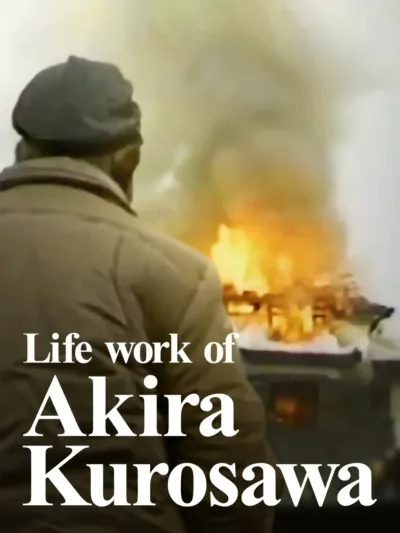
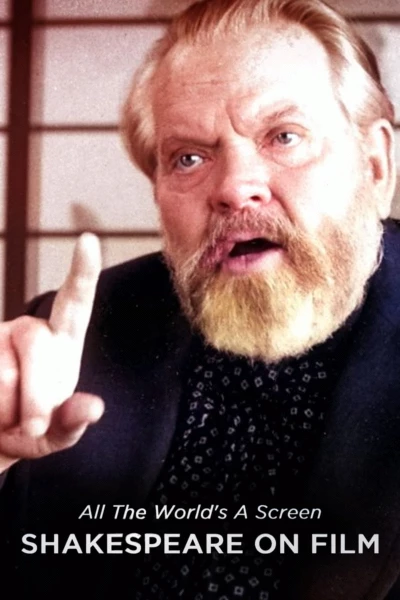
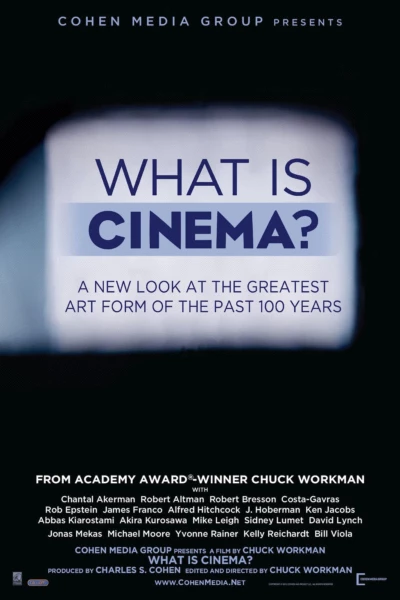
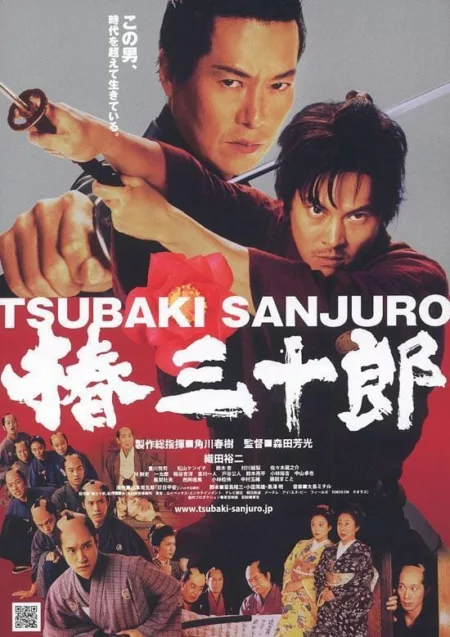
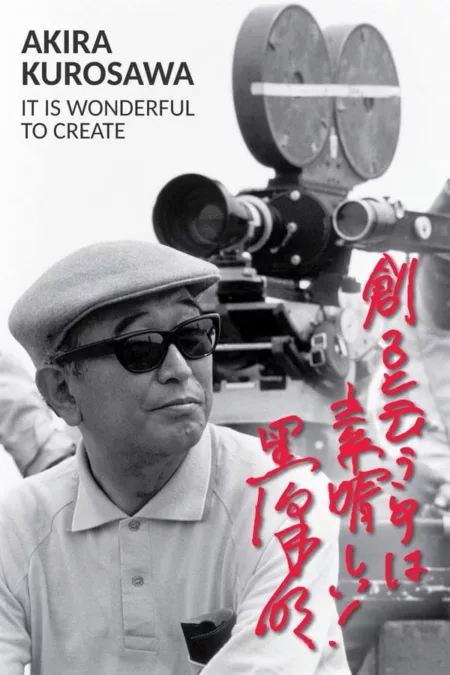
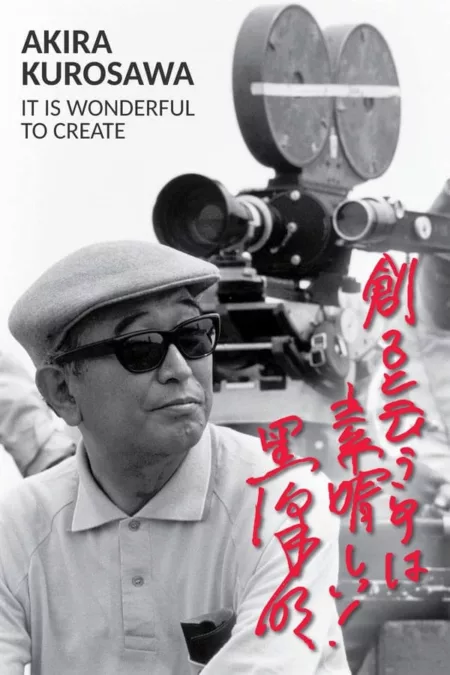
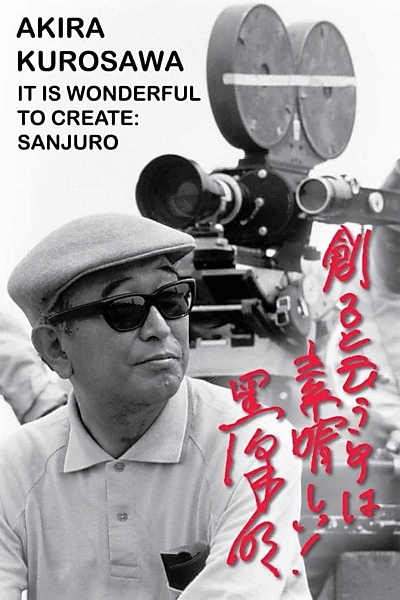
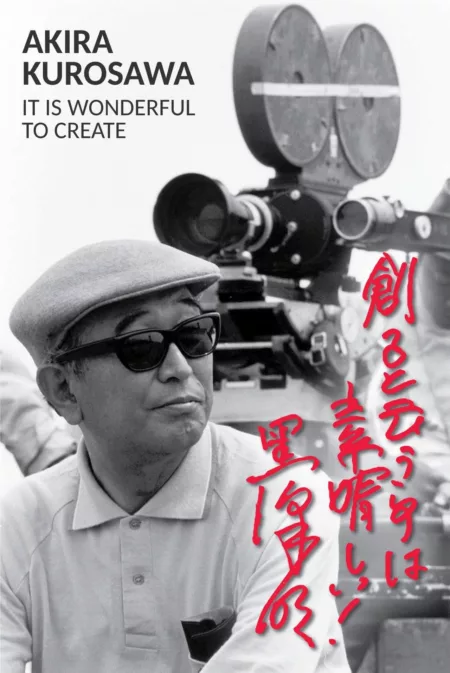
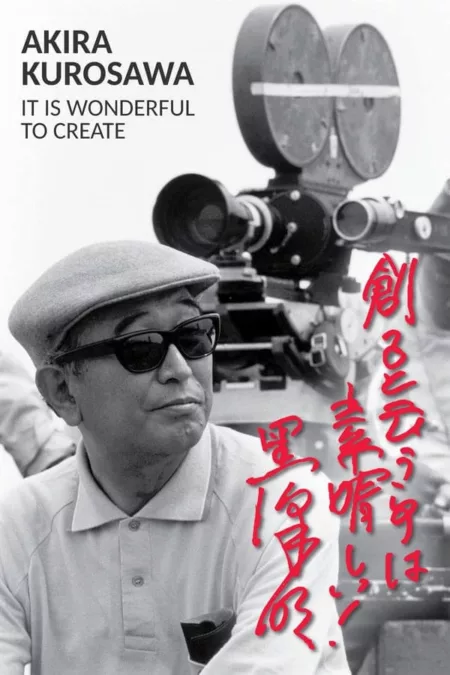
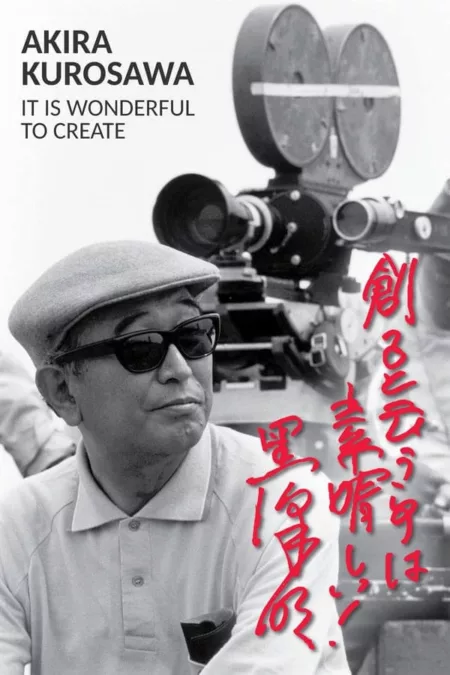
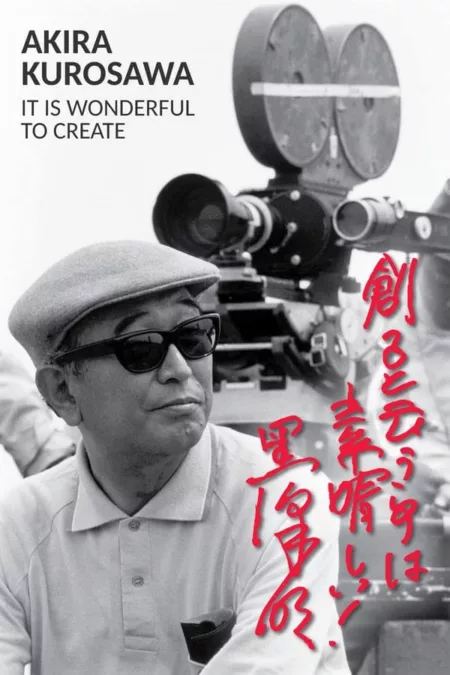
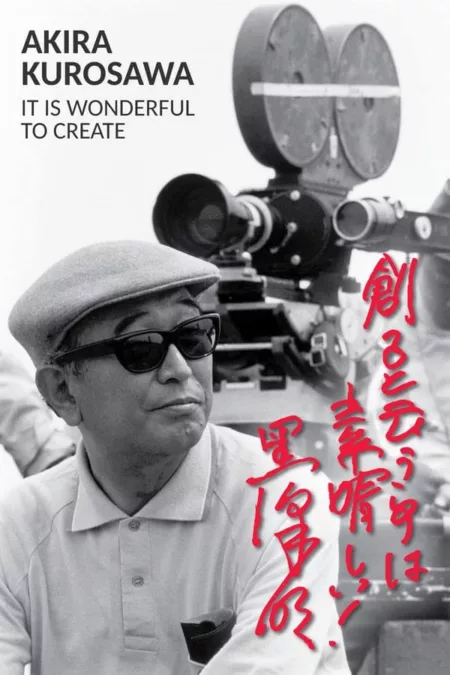
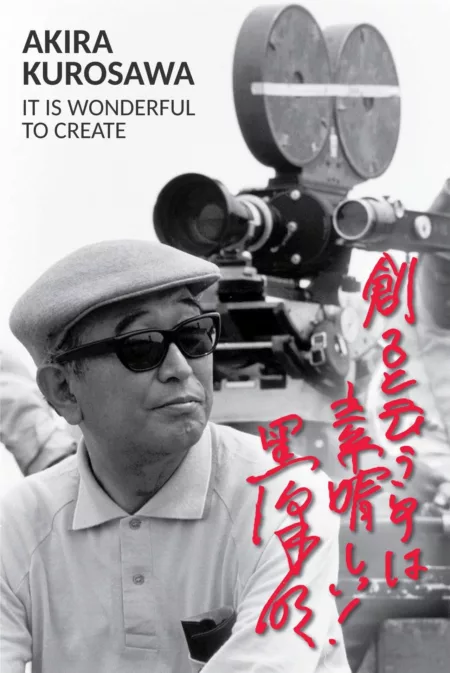
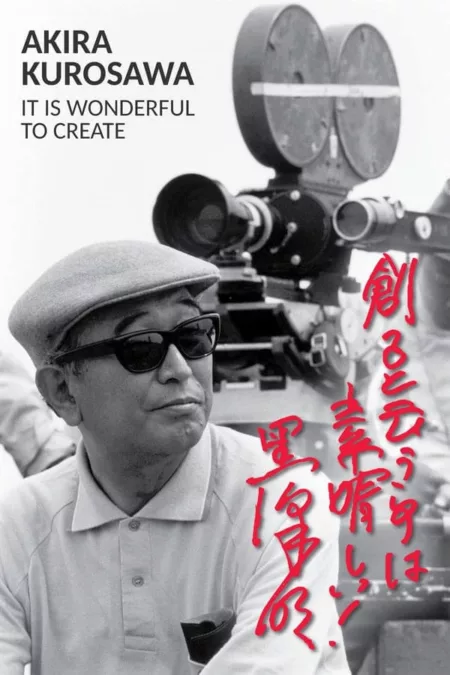
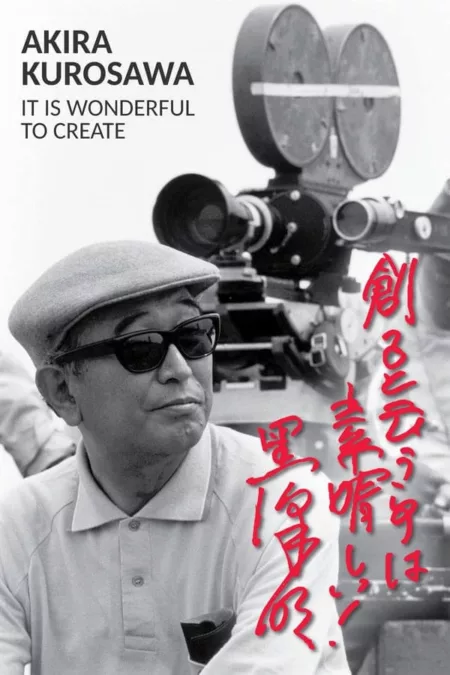
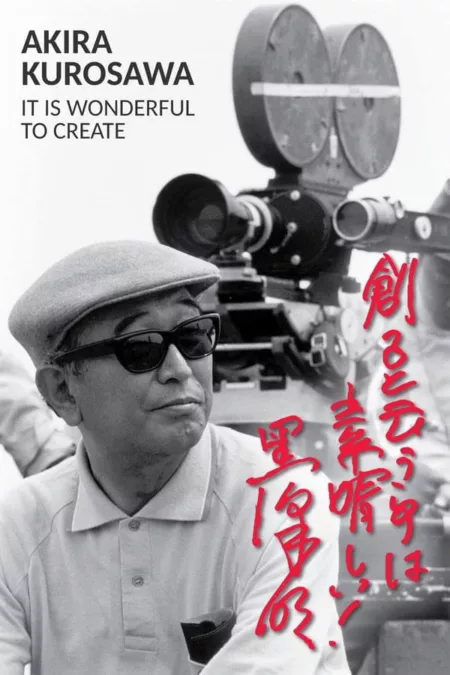
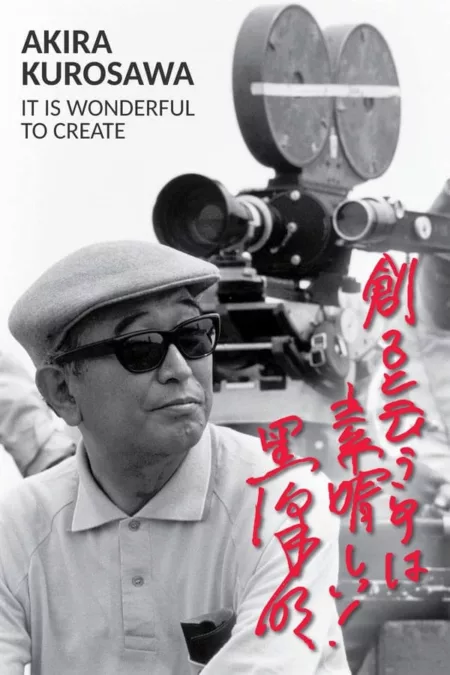
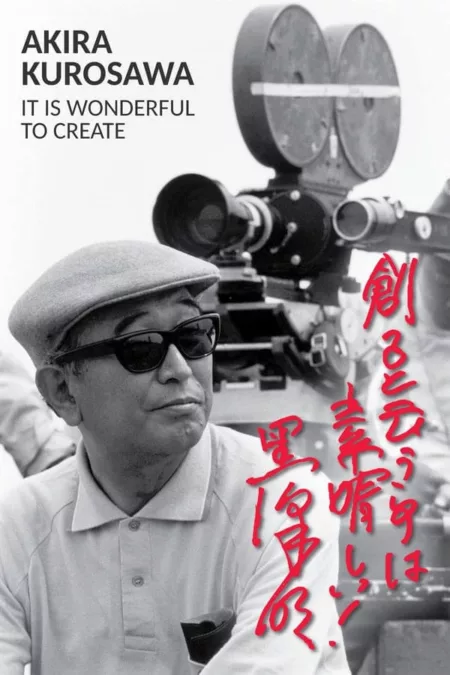
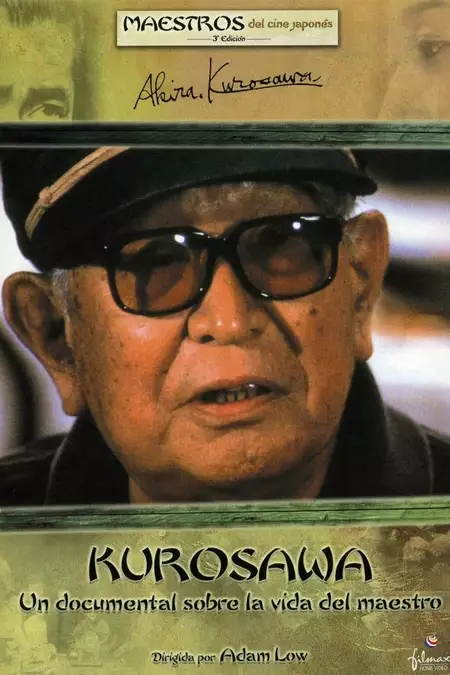
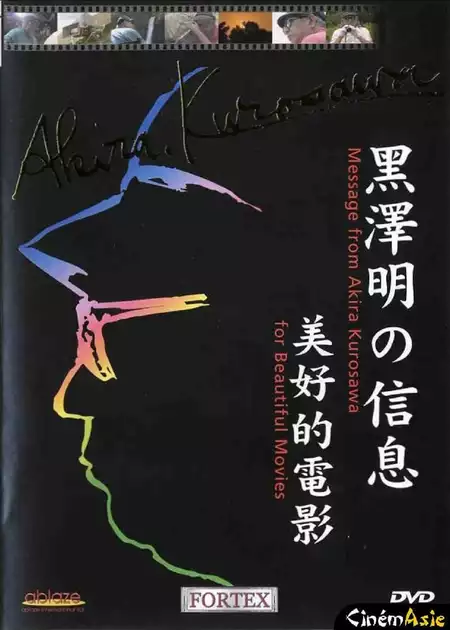
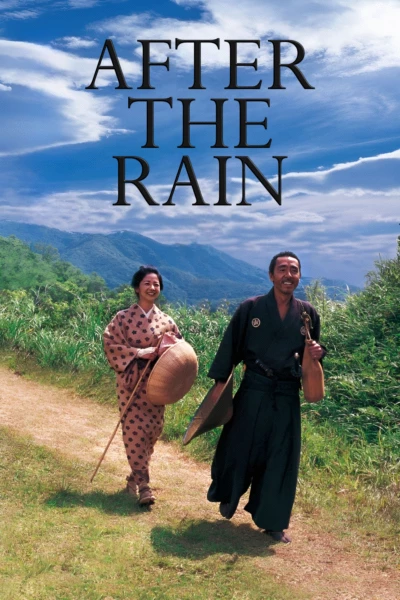
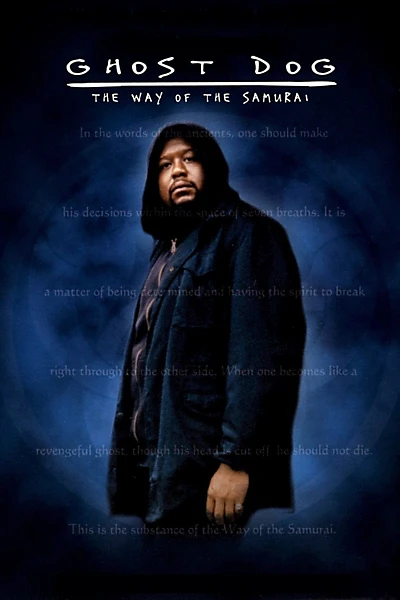
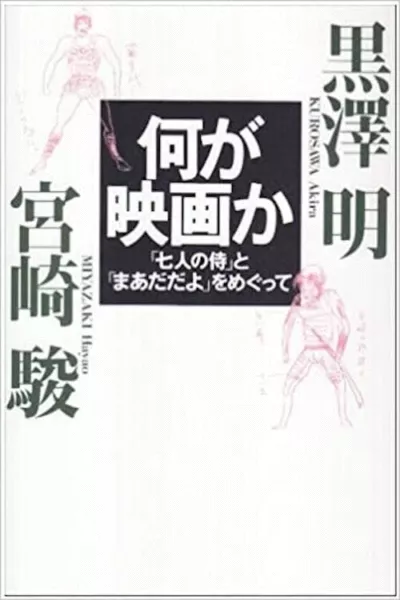
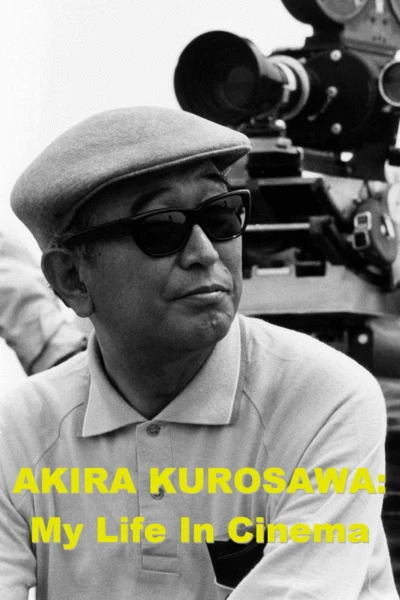
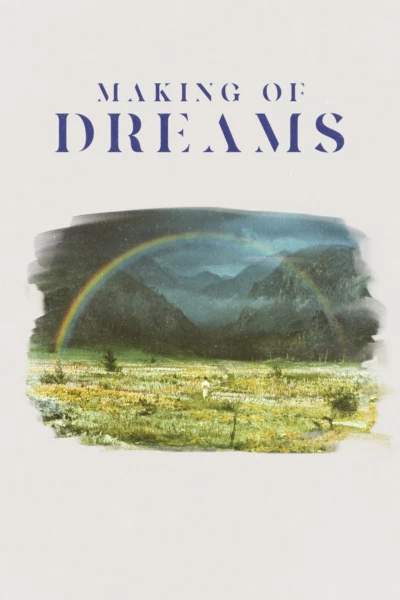
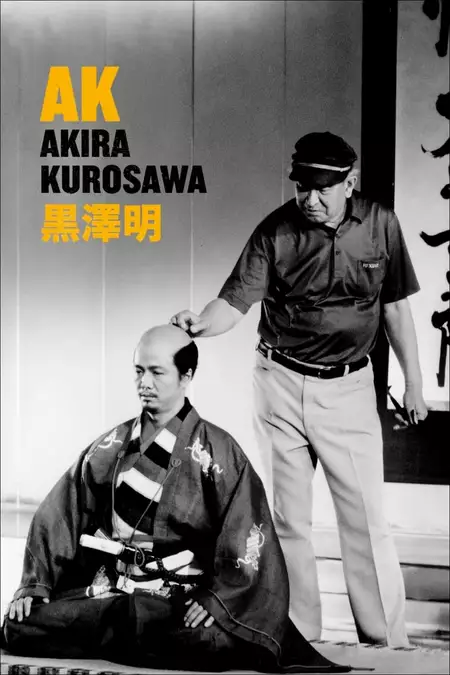
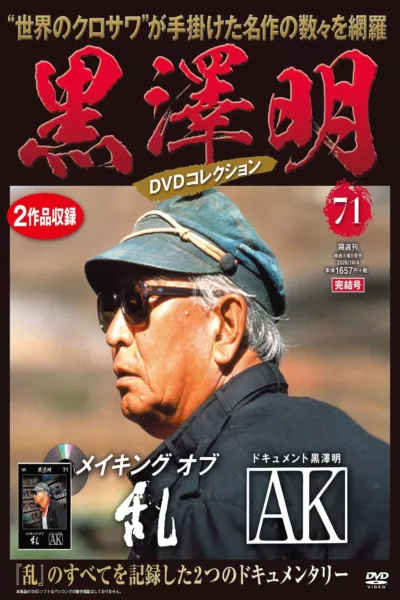
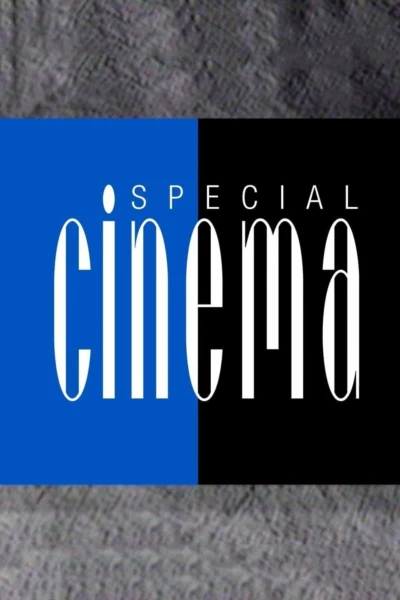
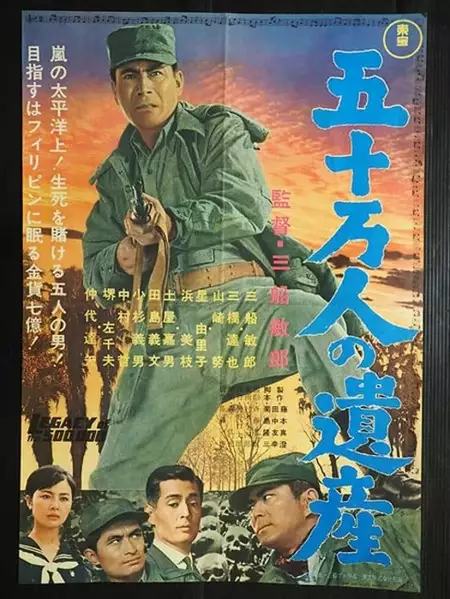
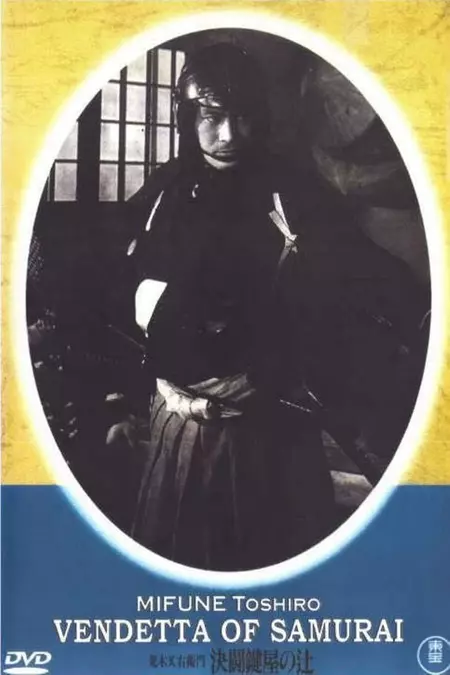
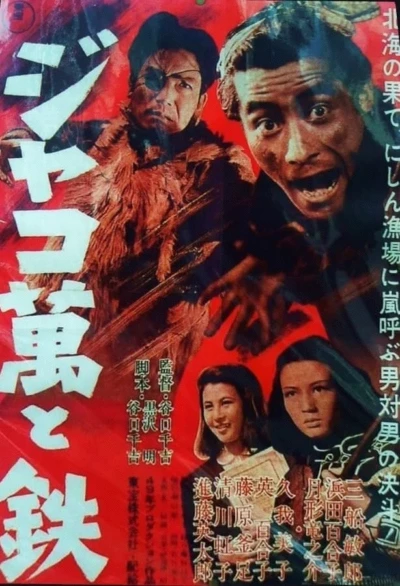
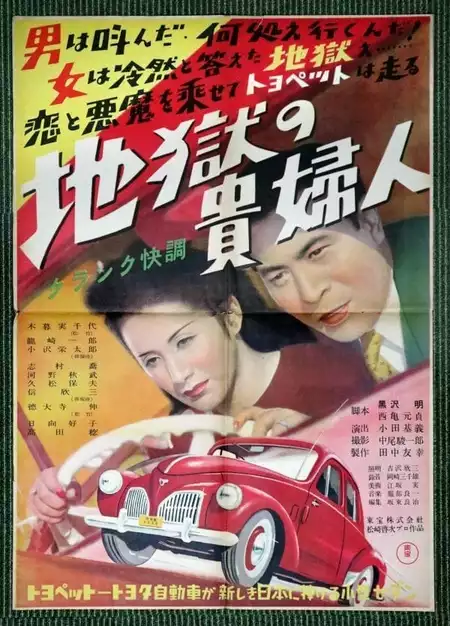
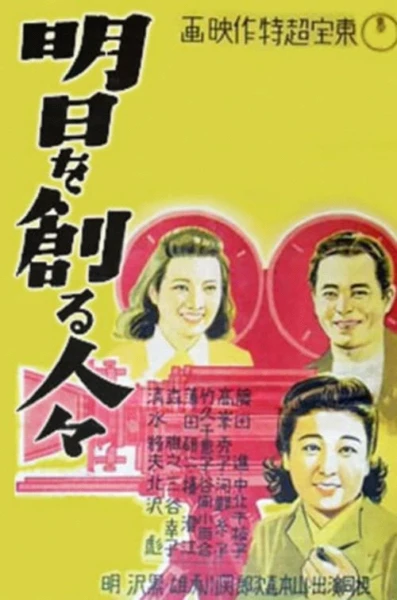
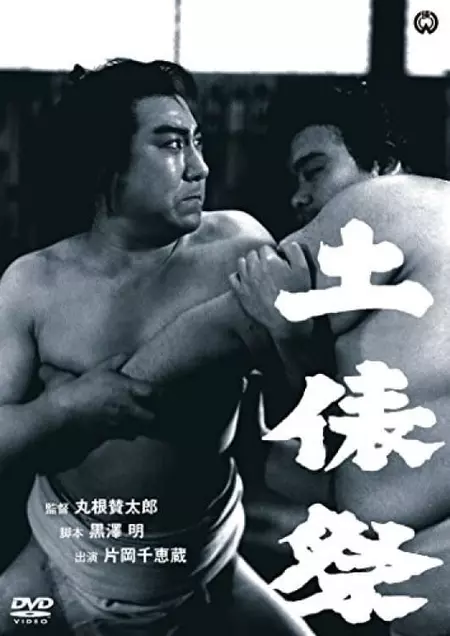
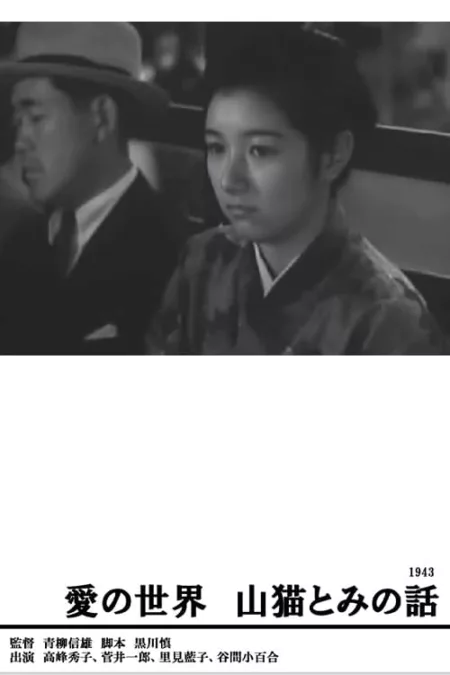
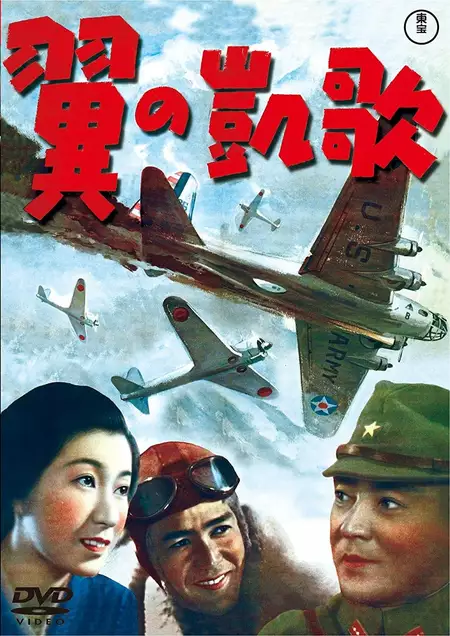
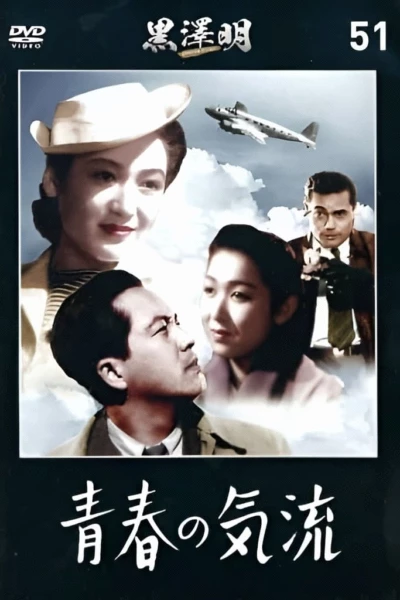
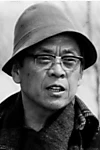
 ,
,